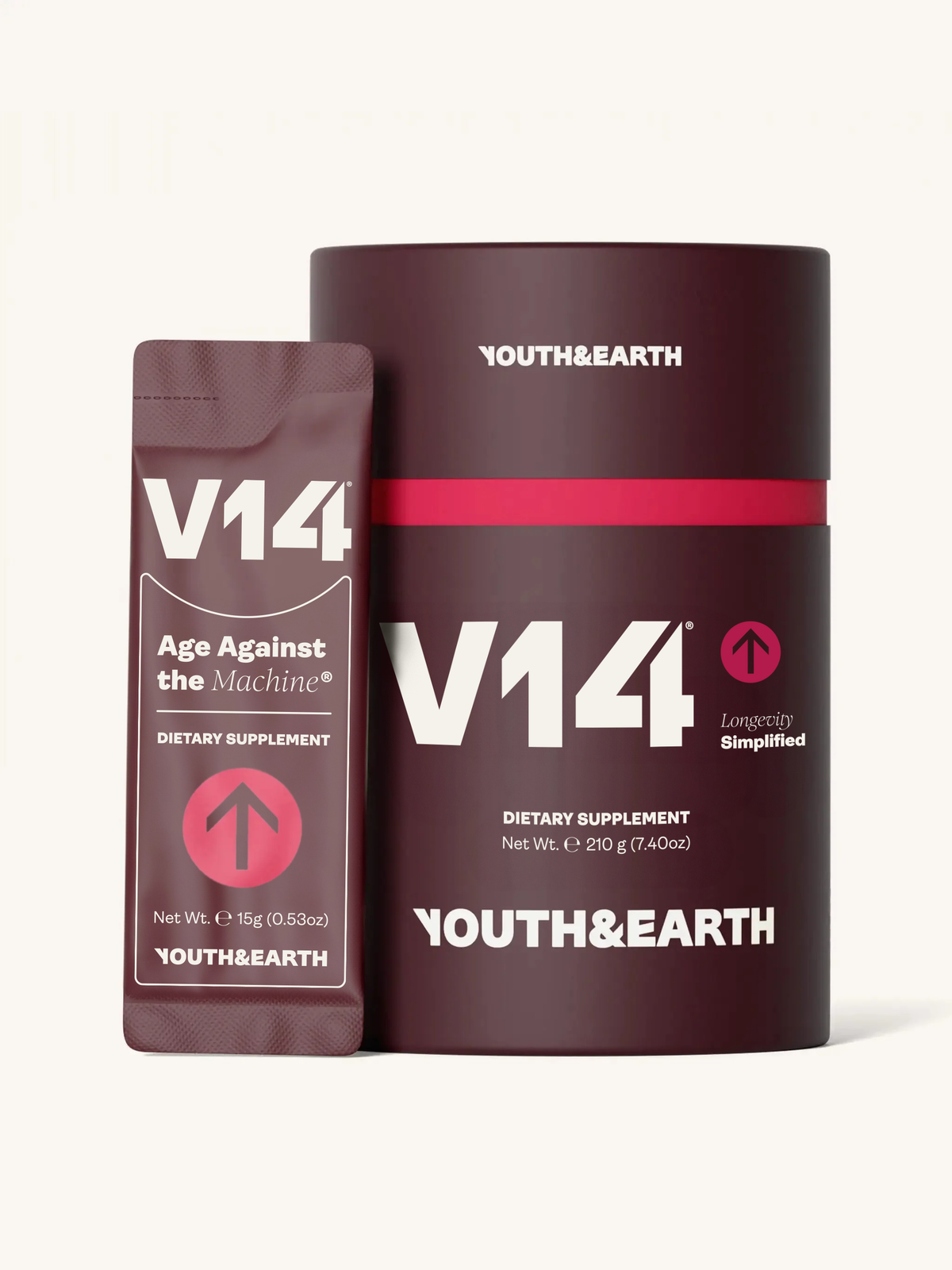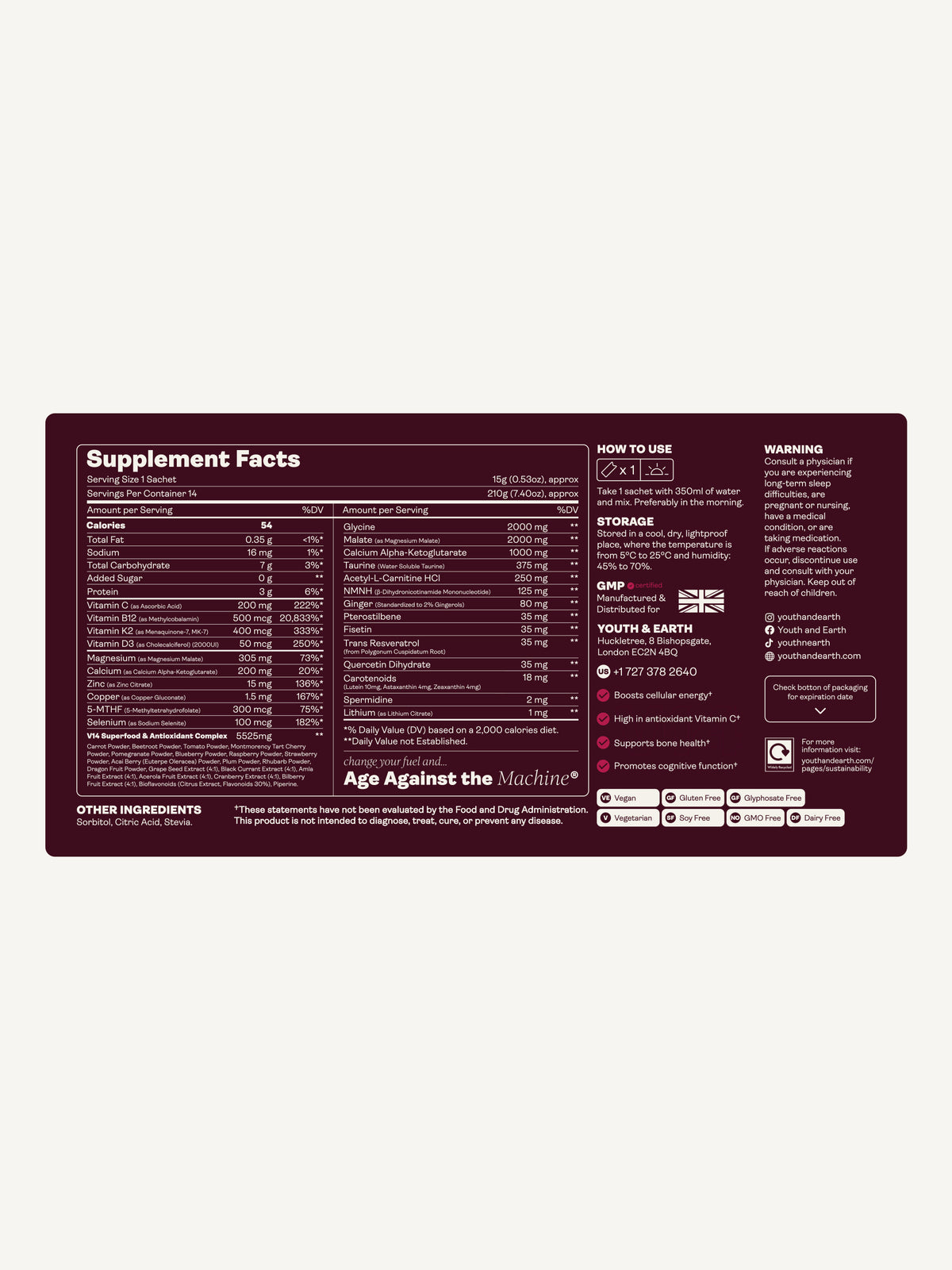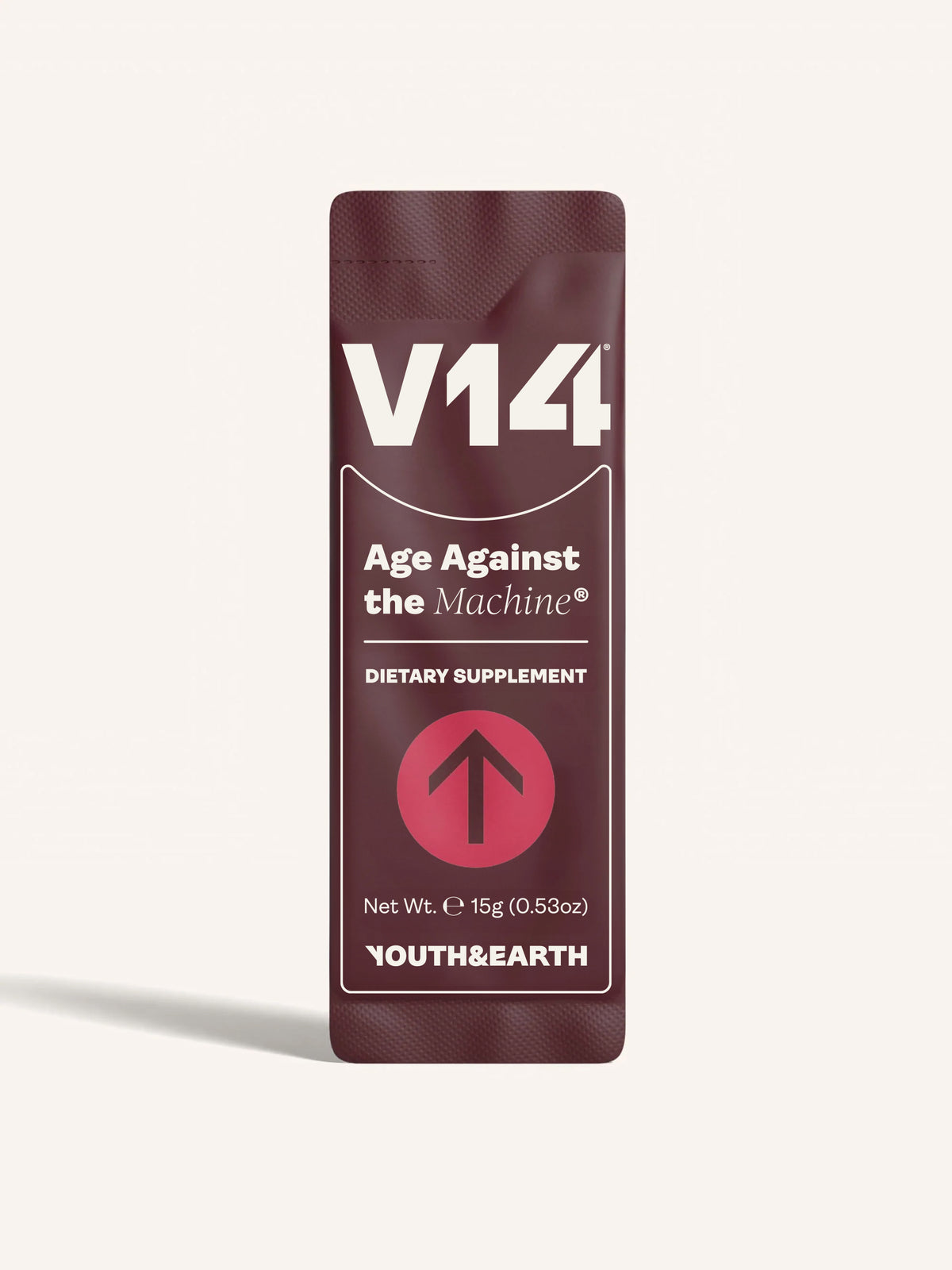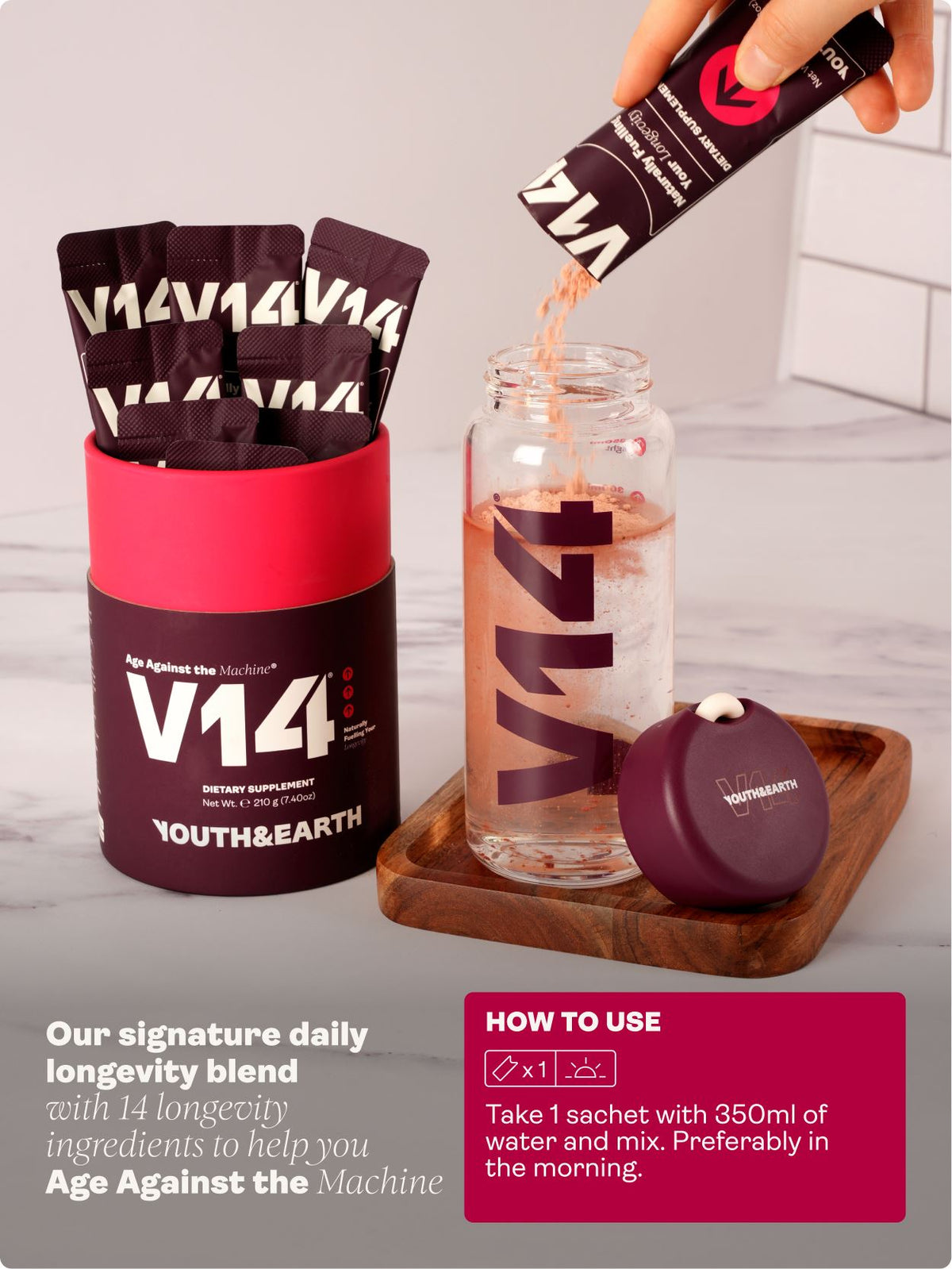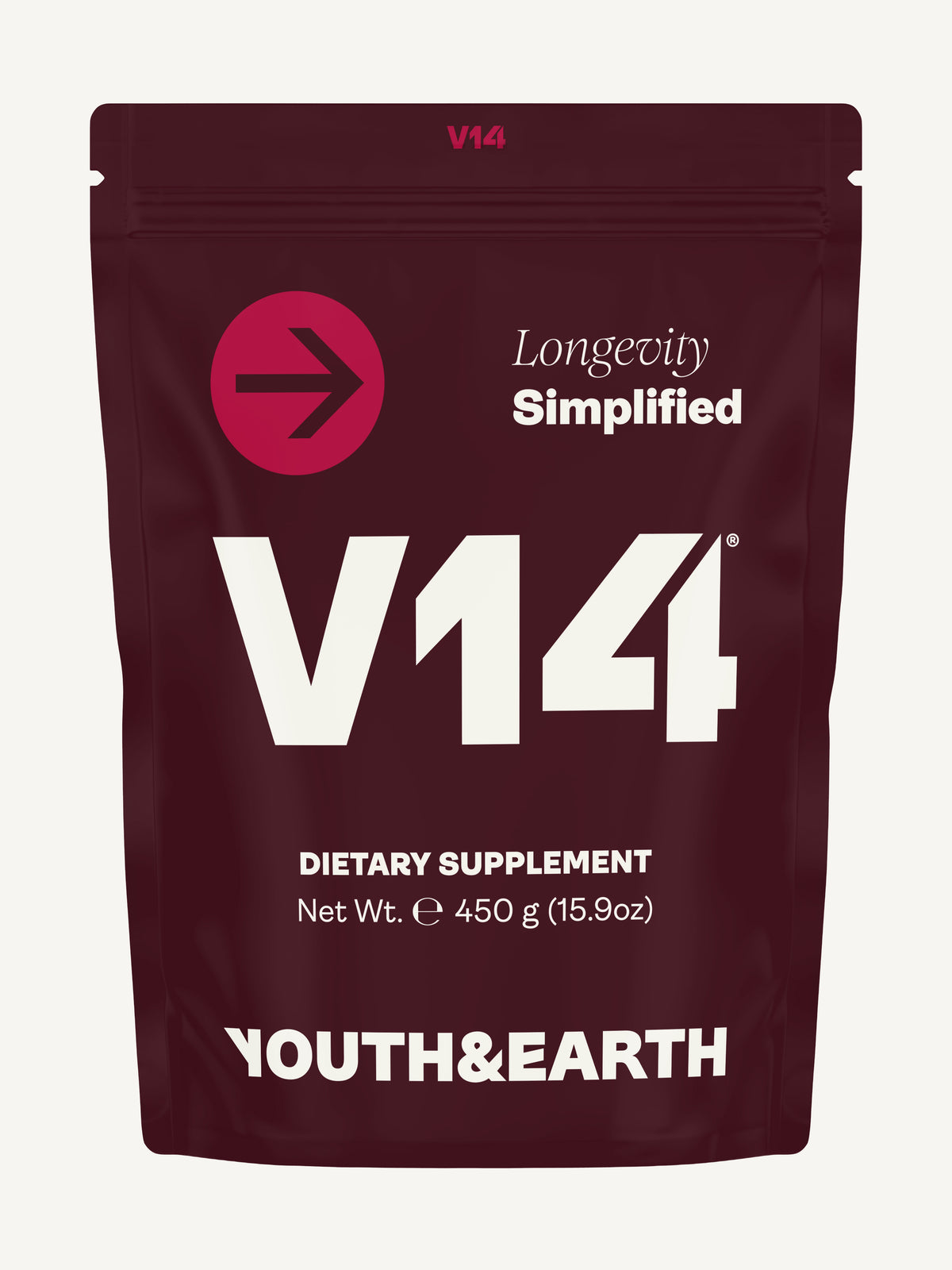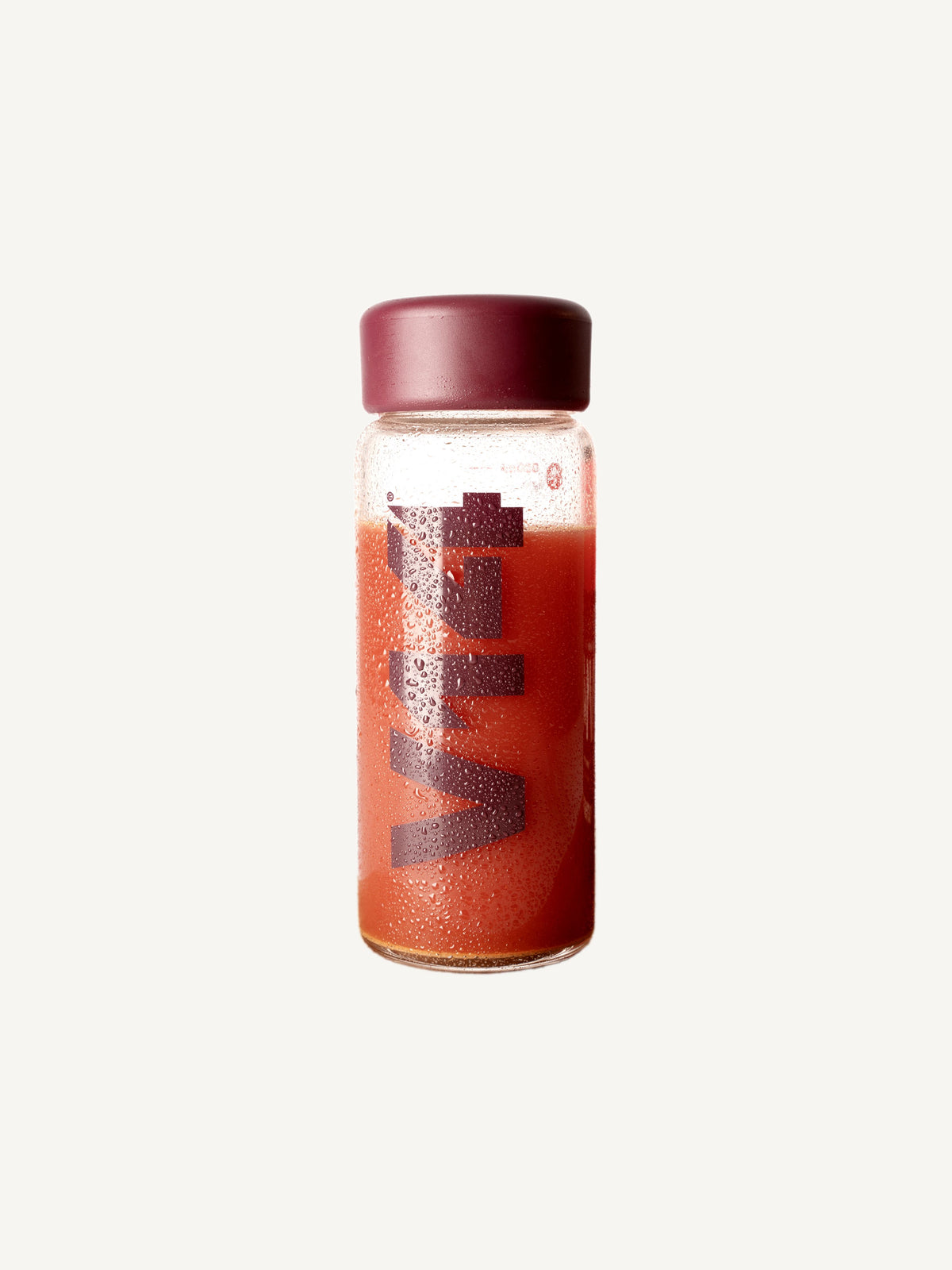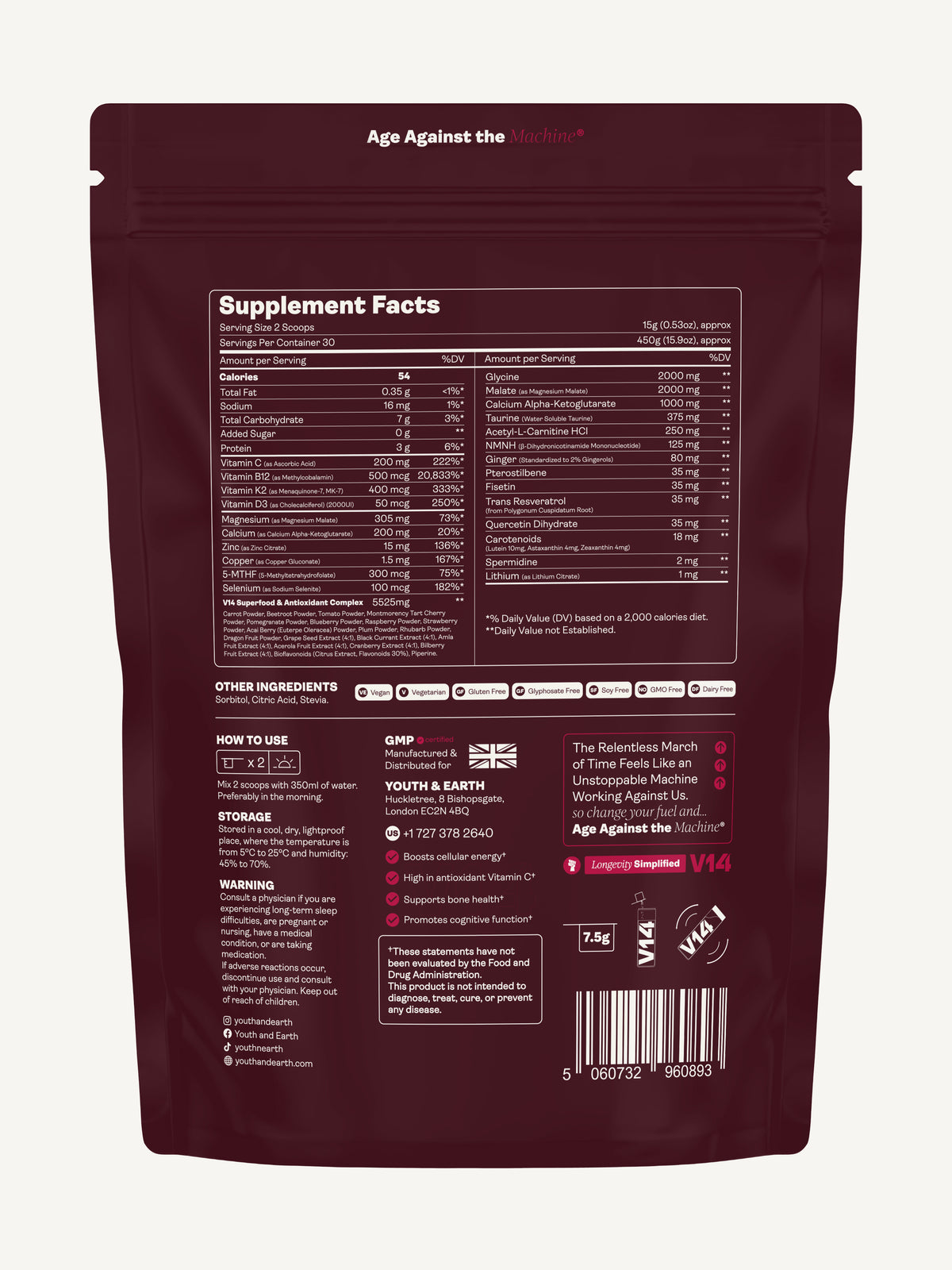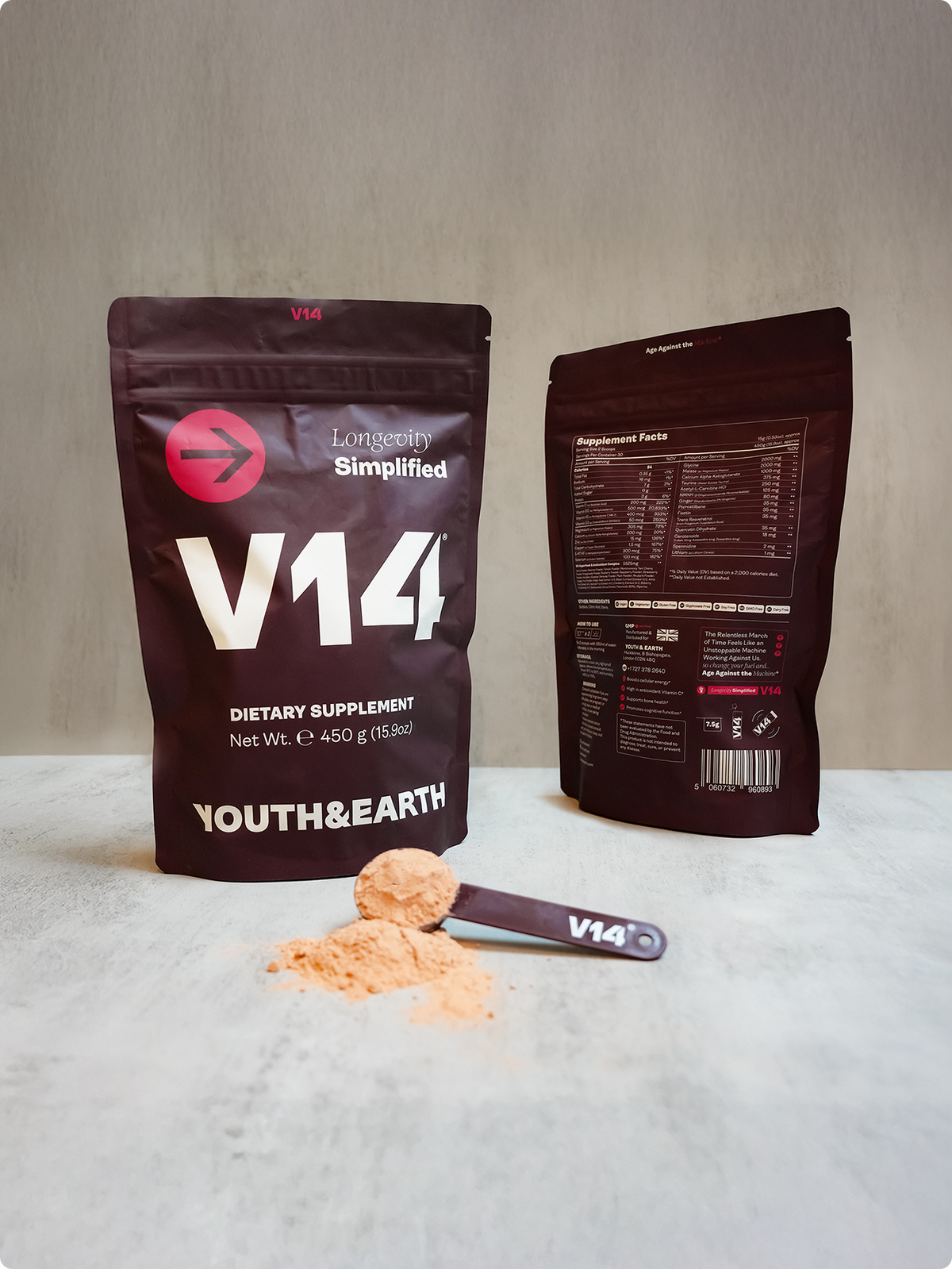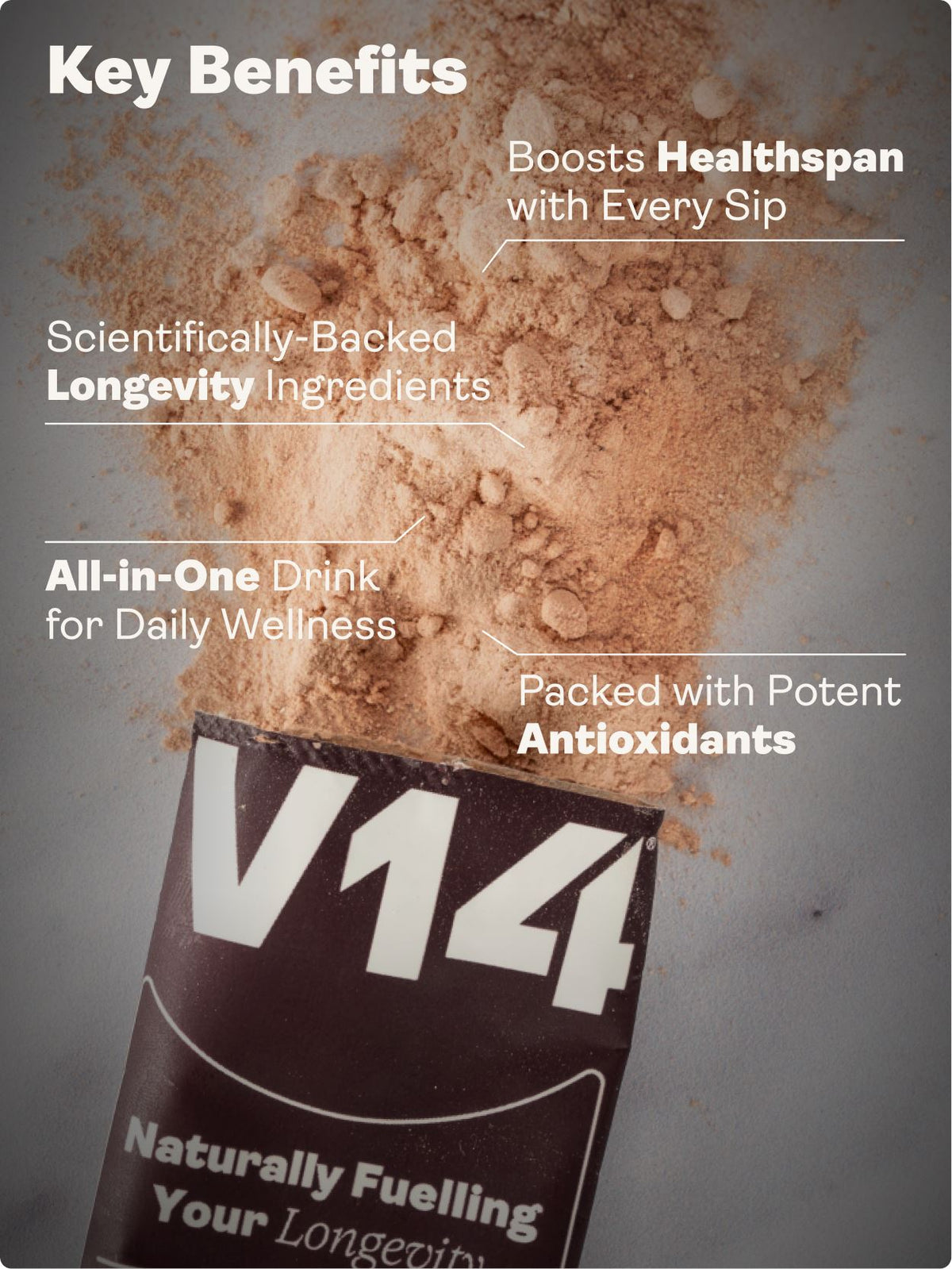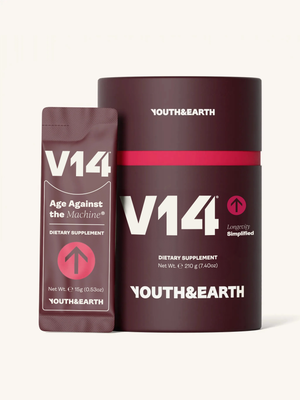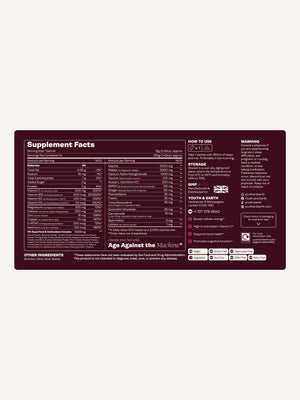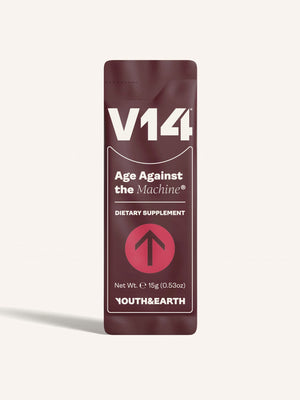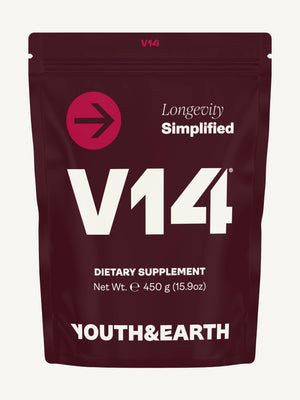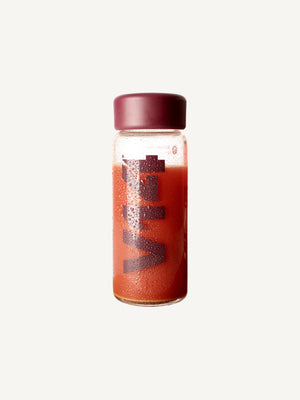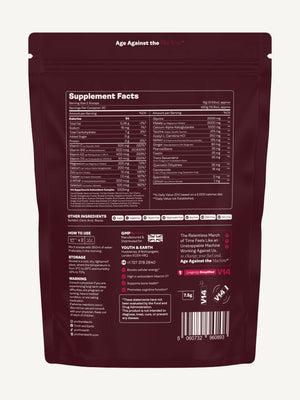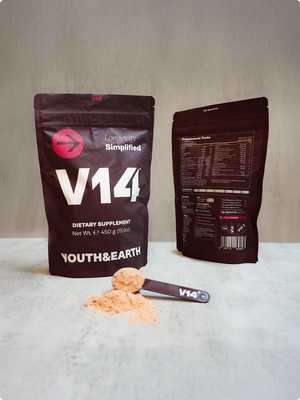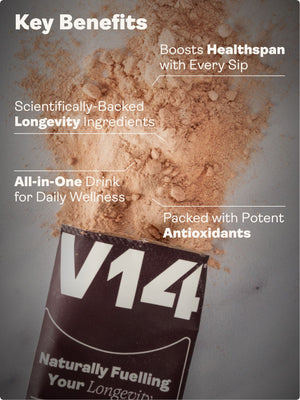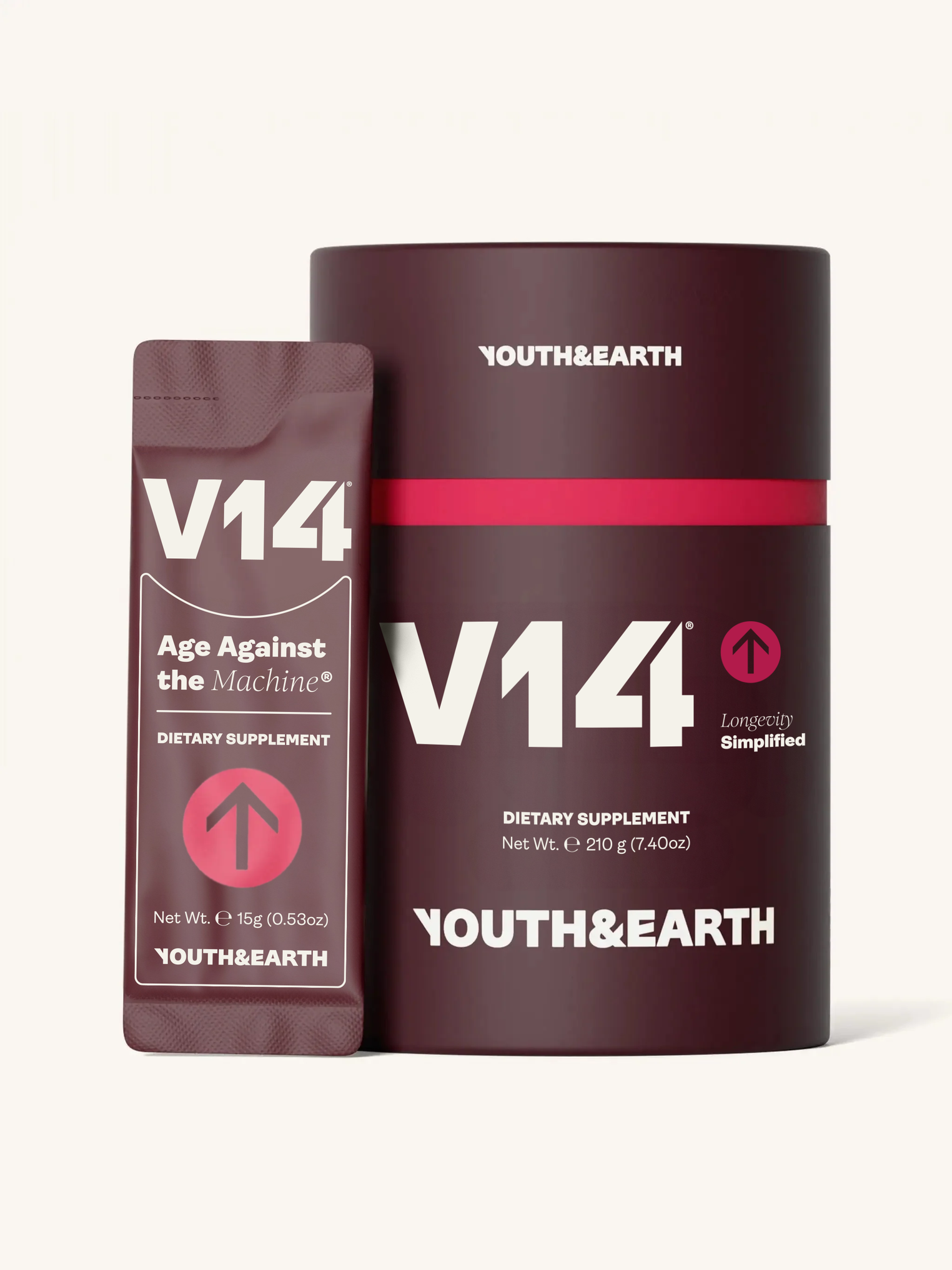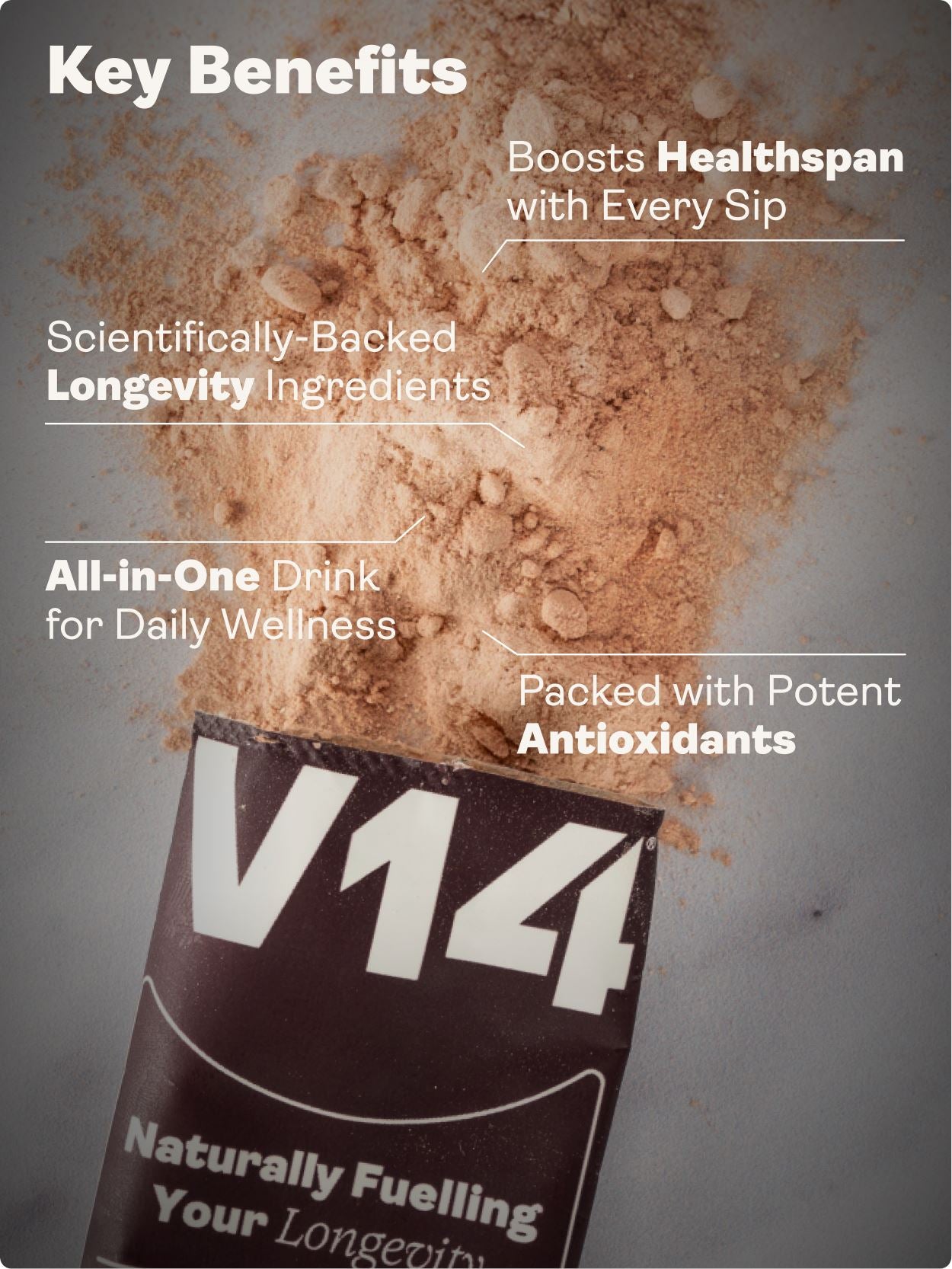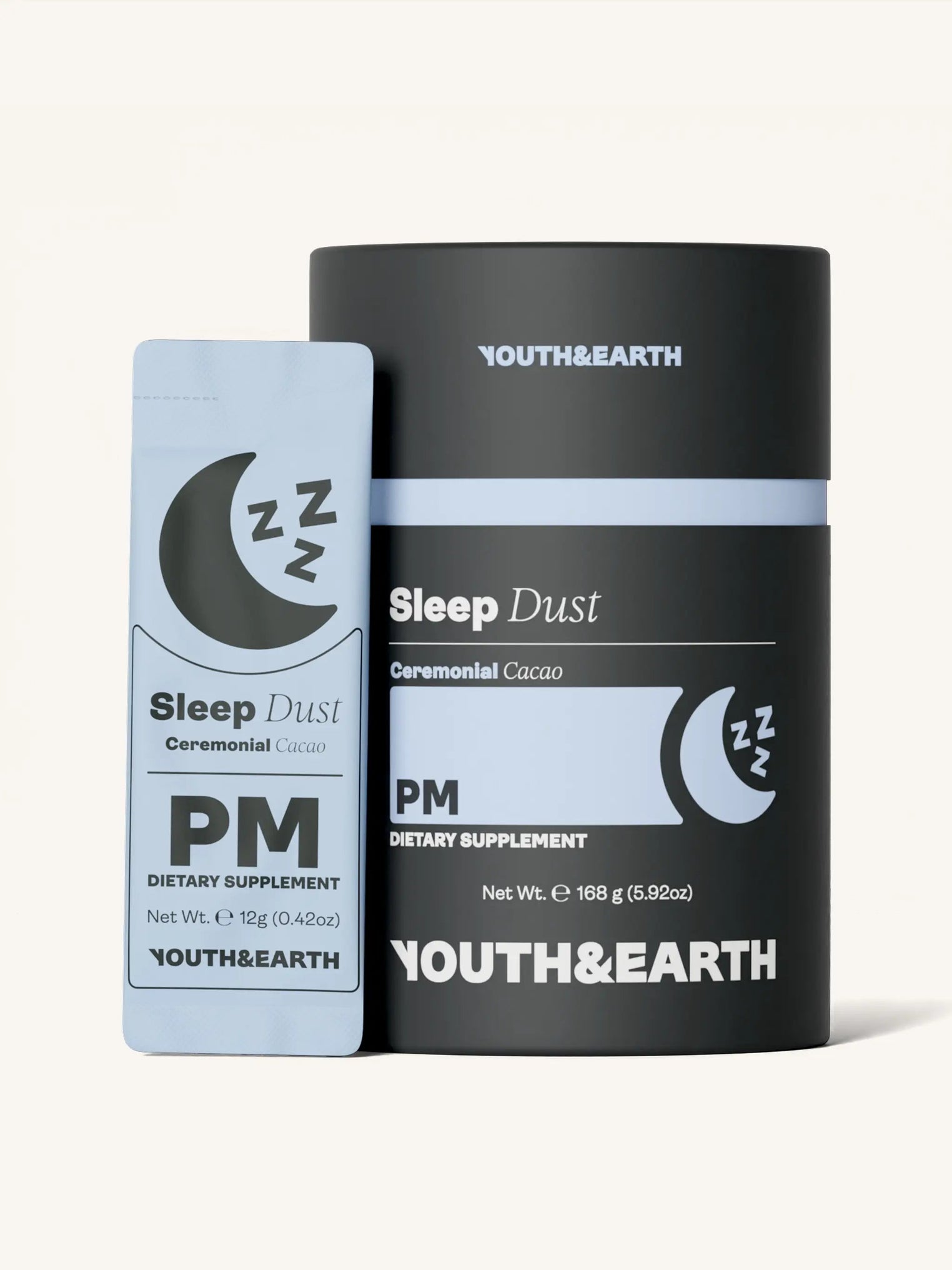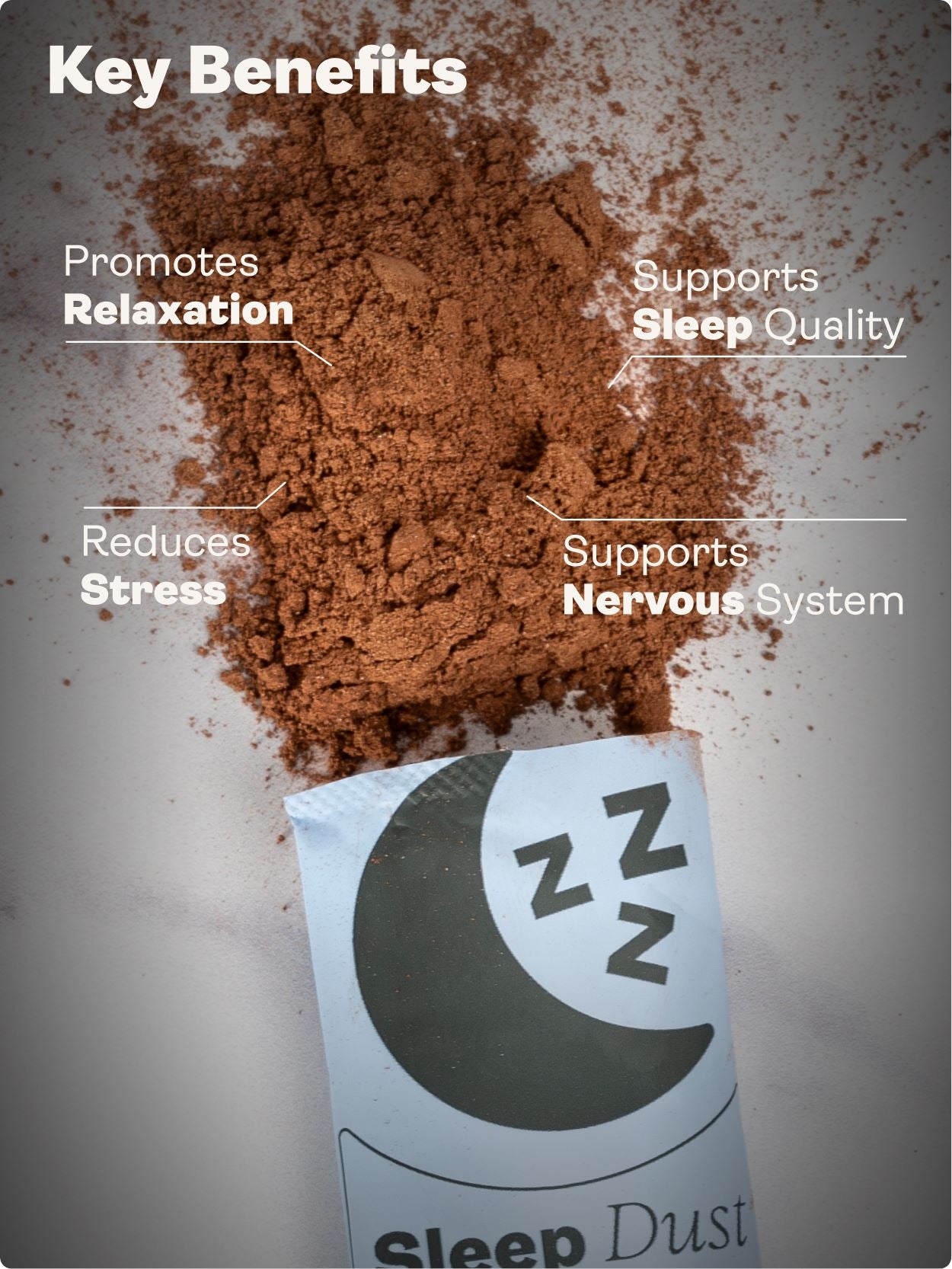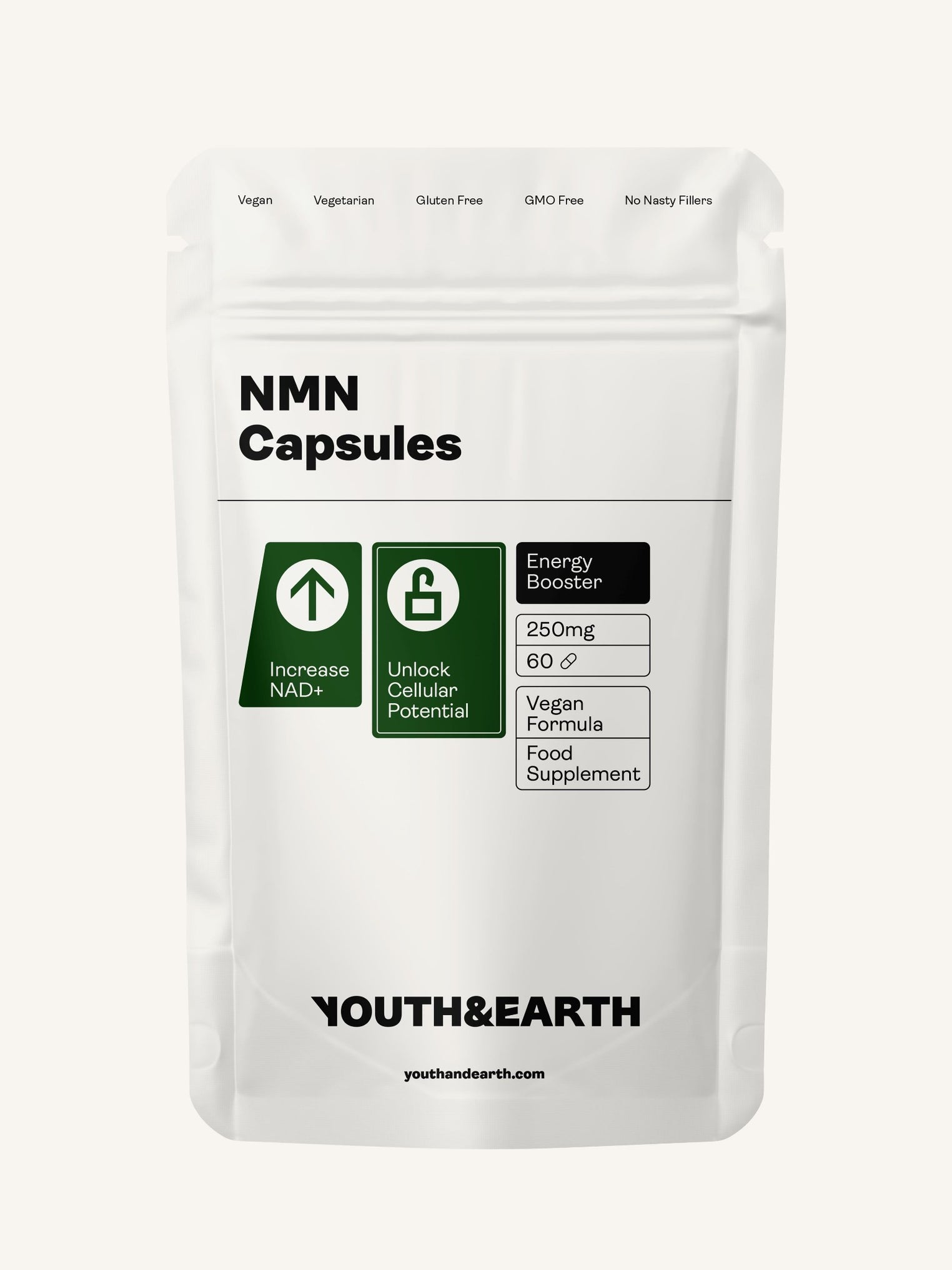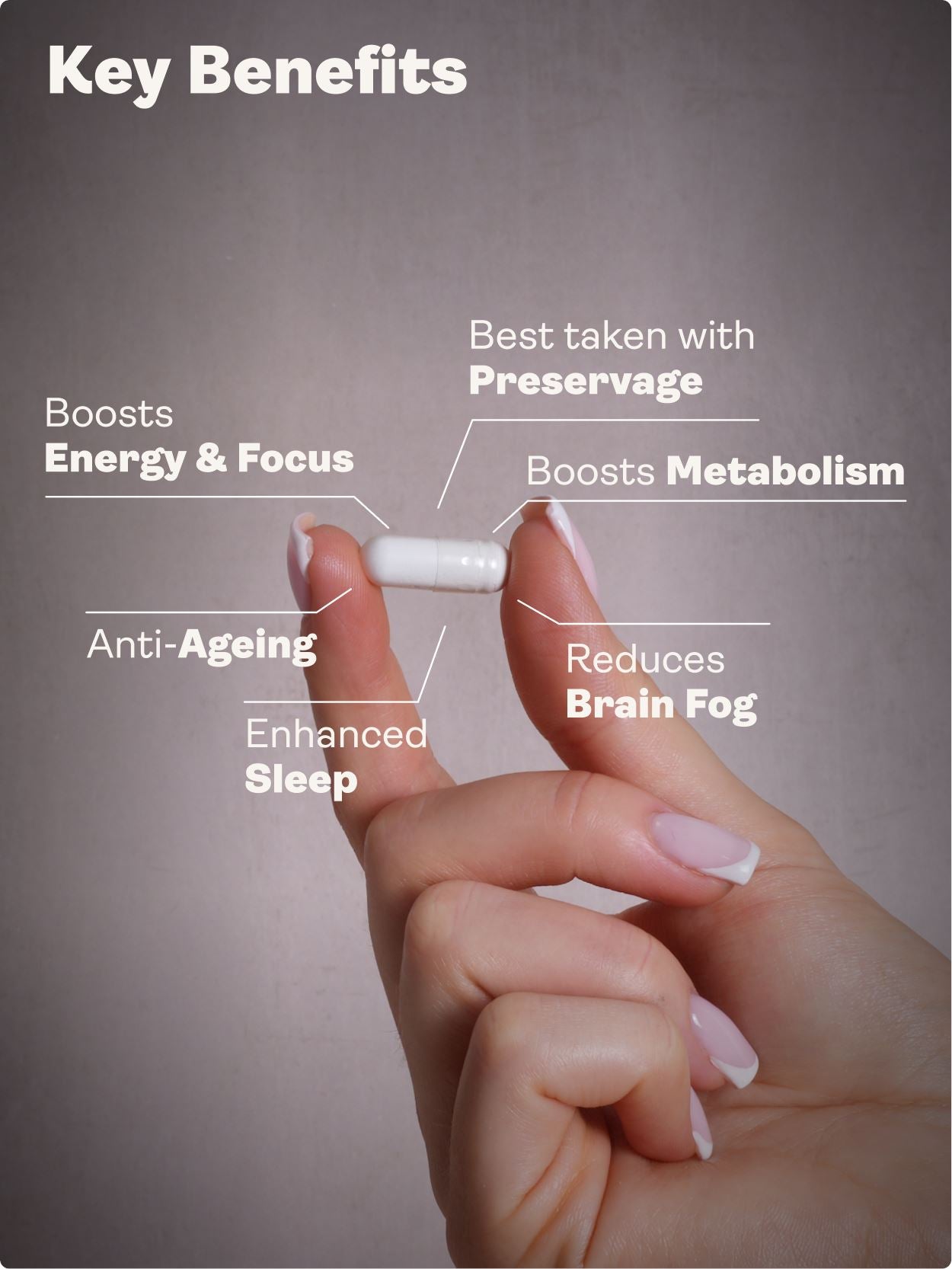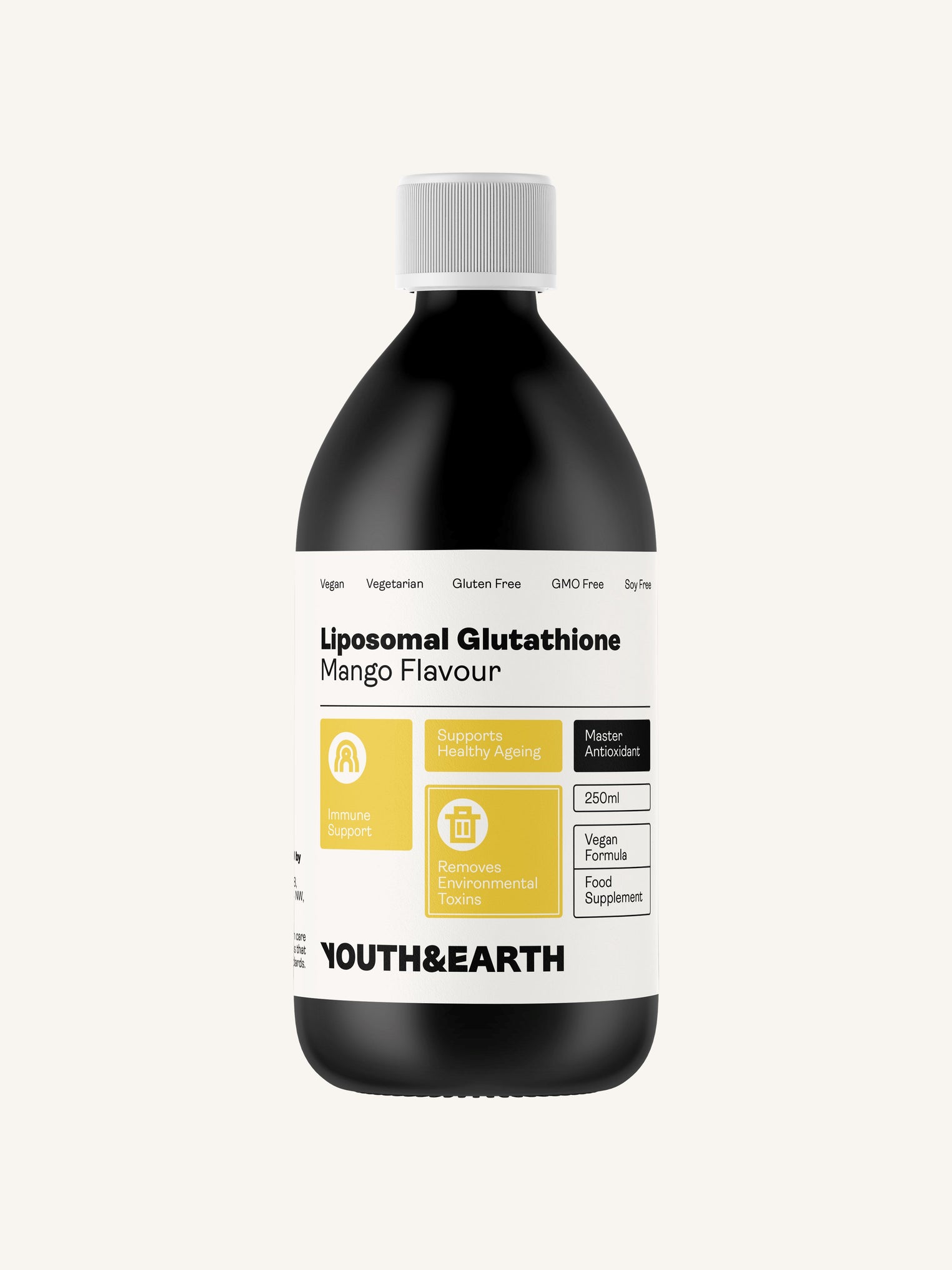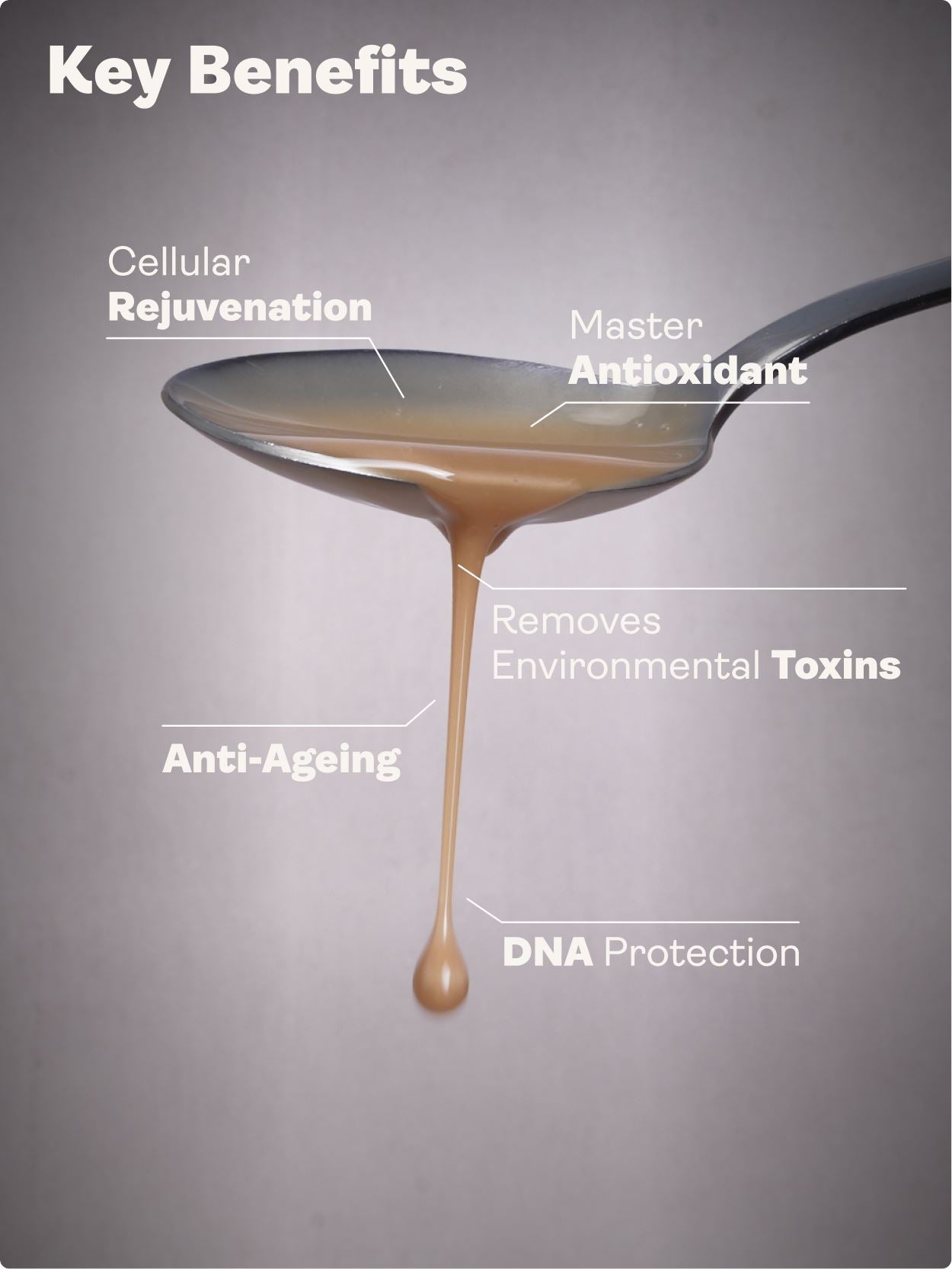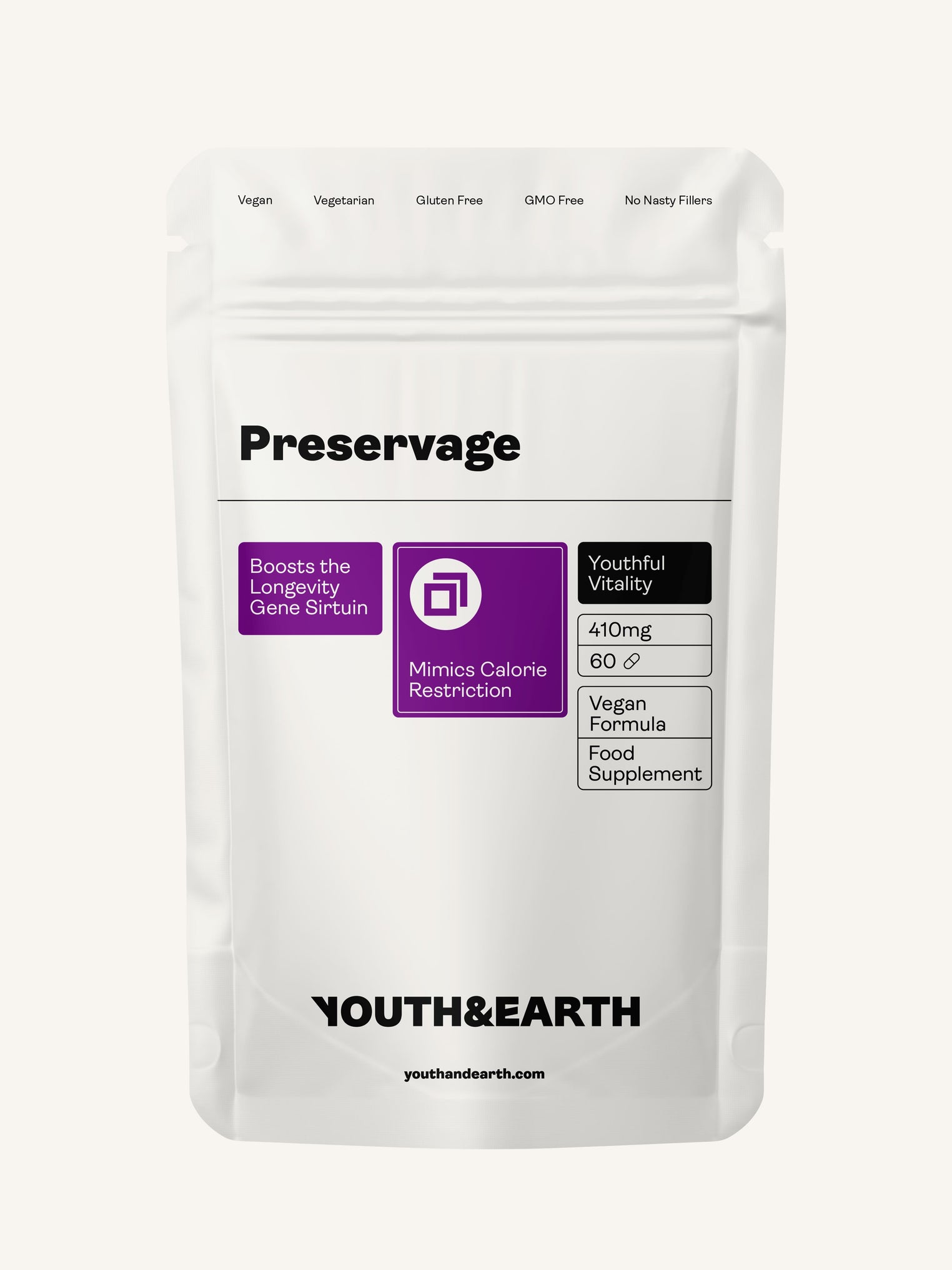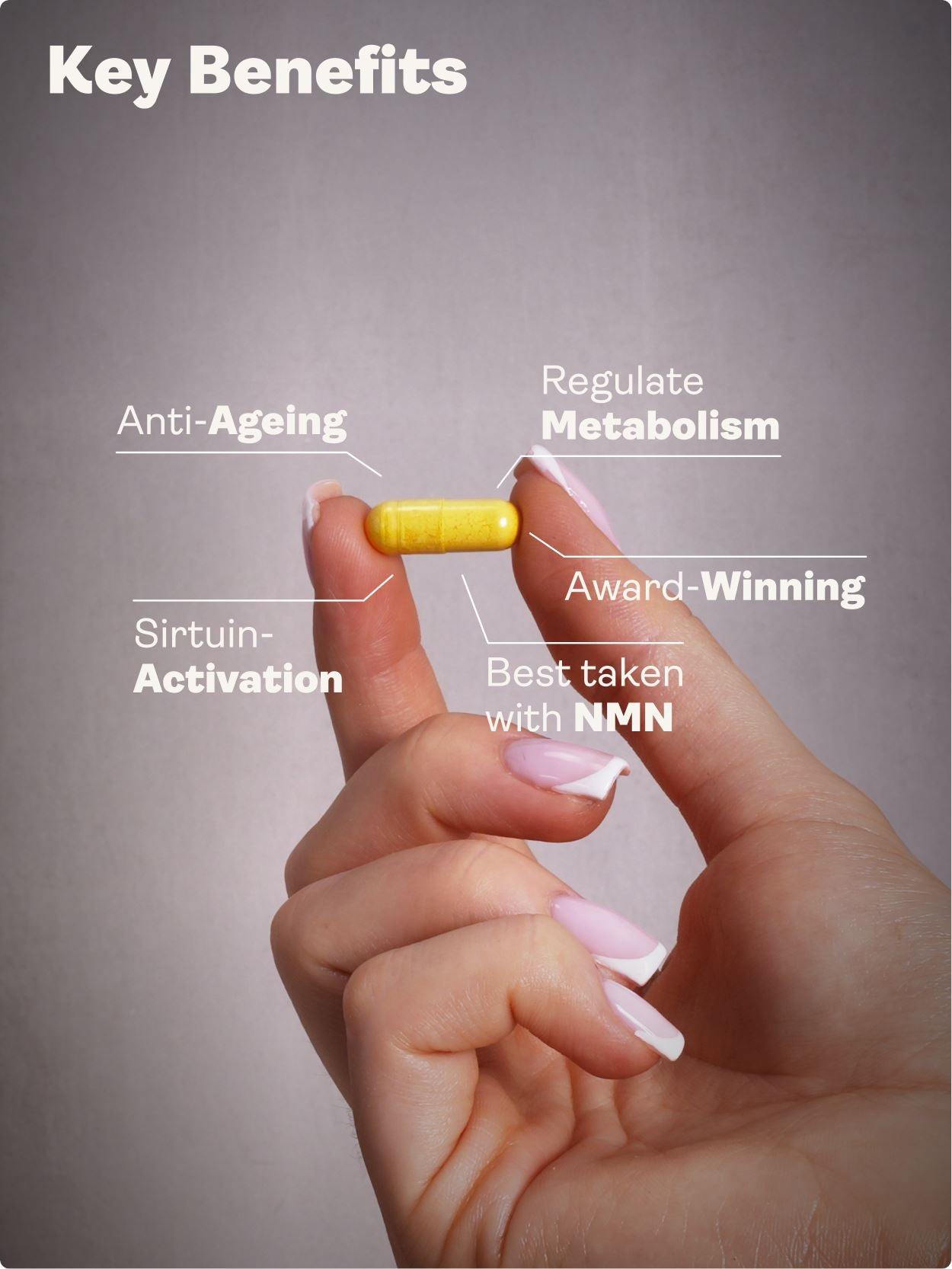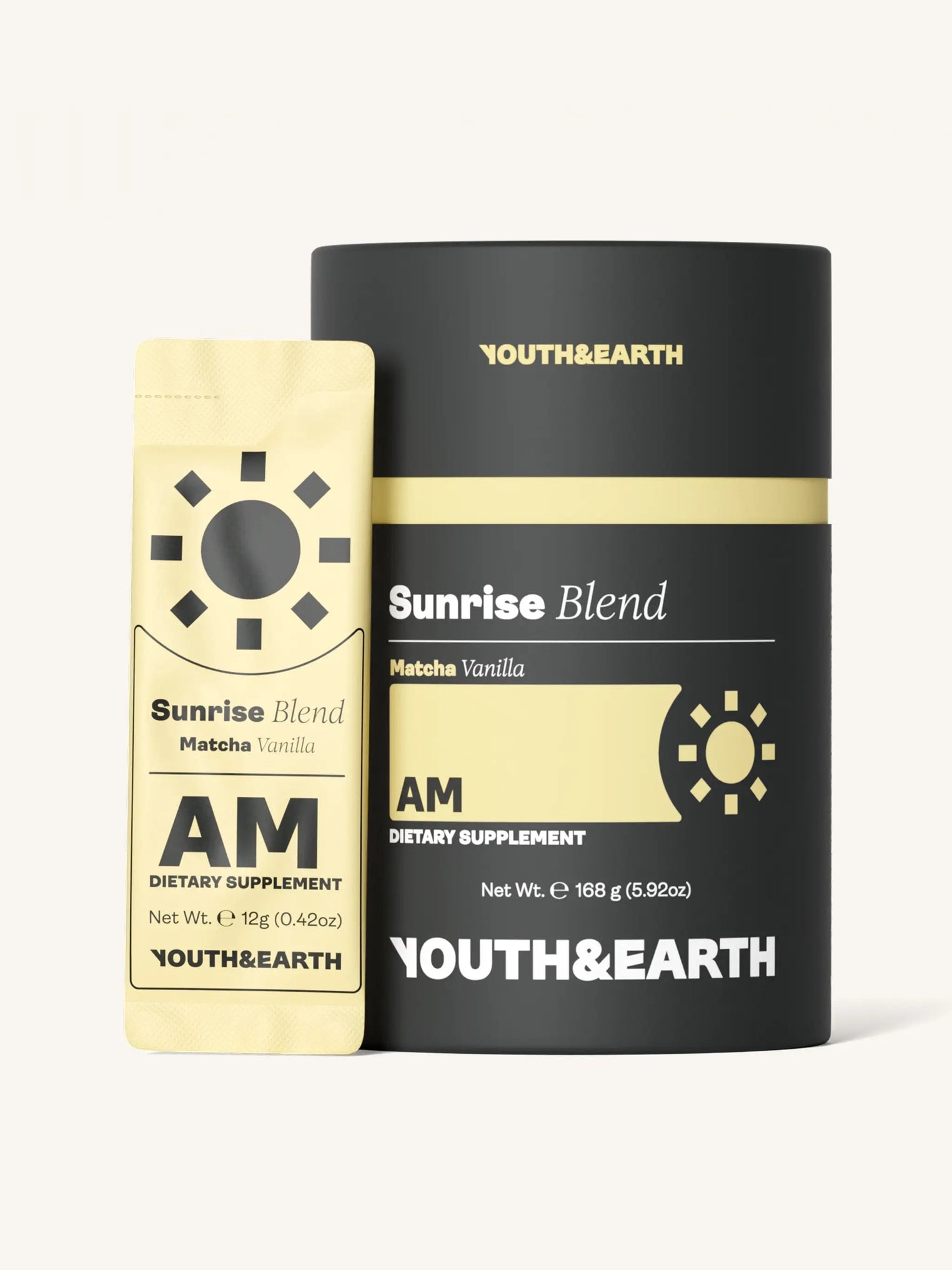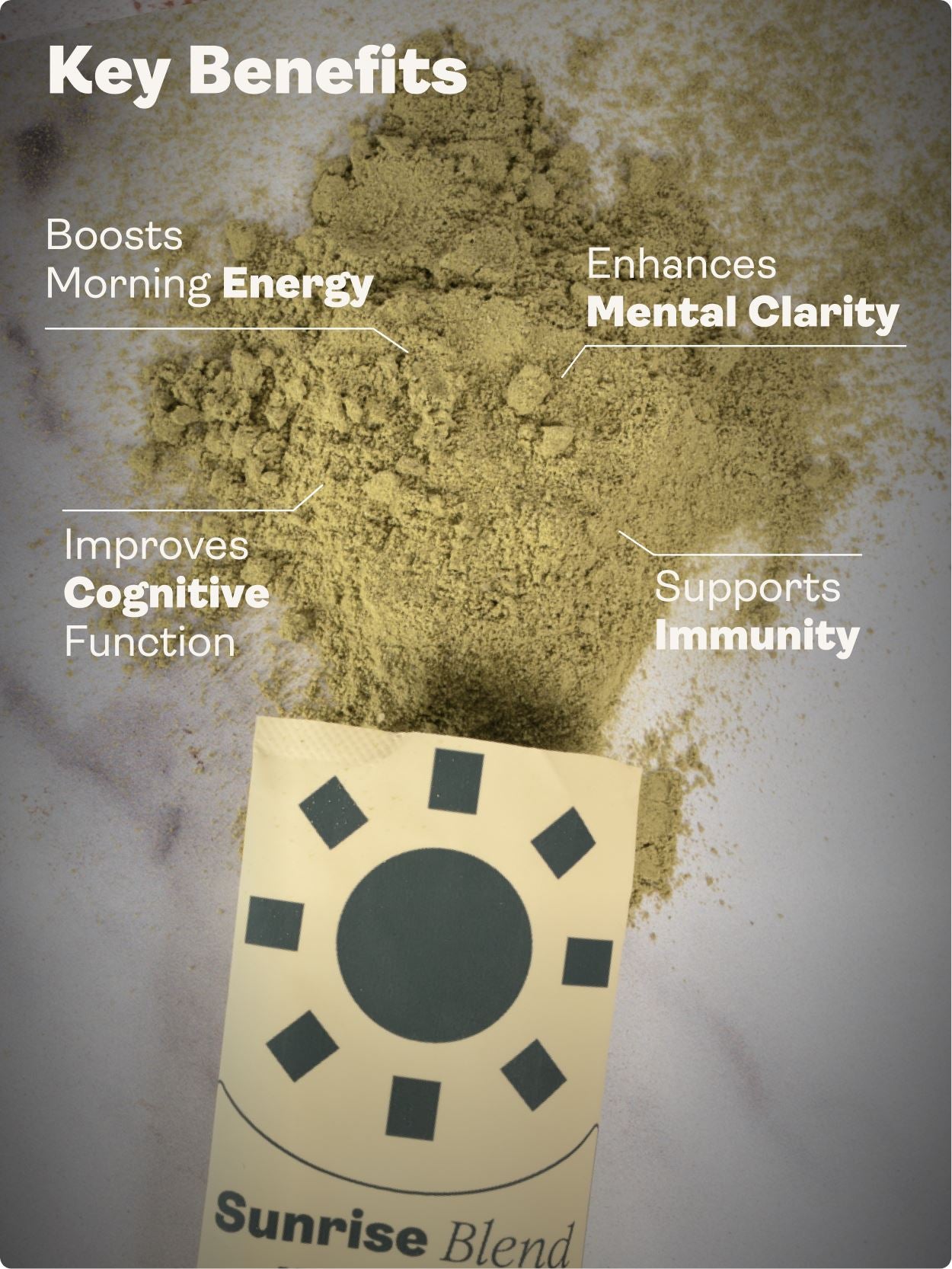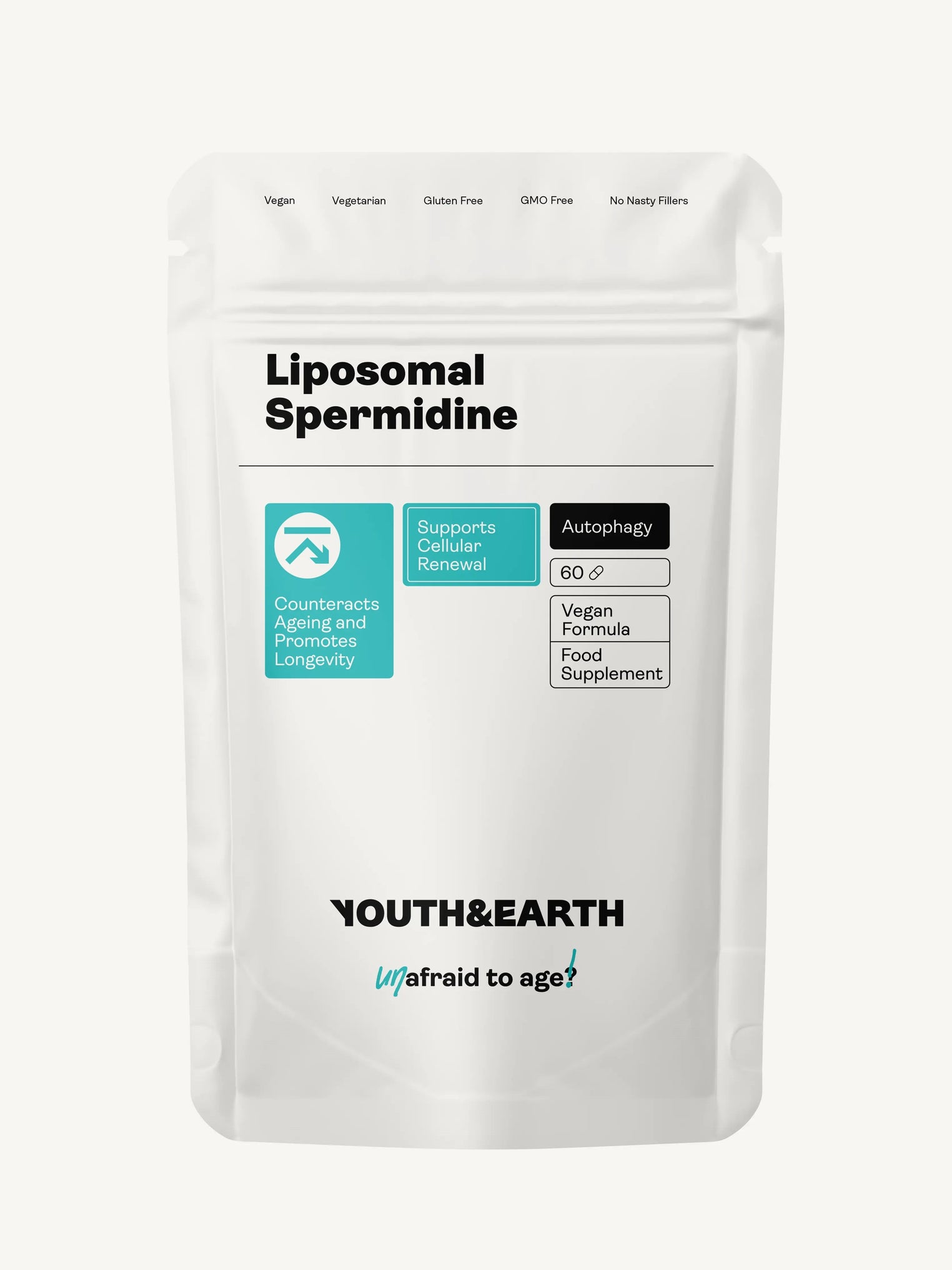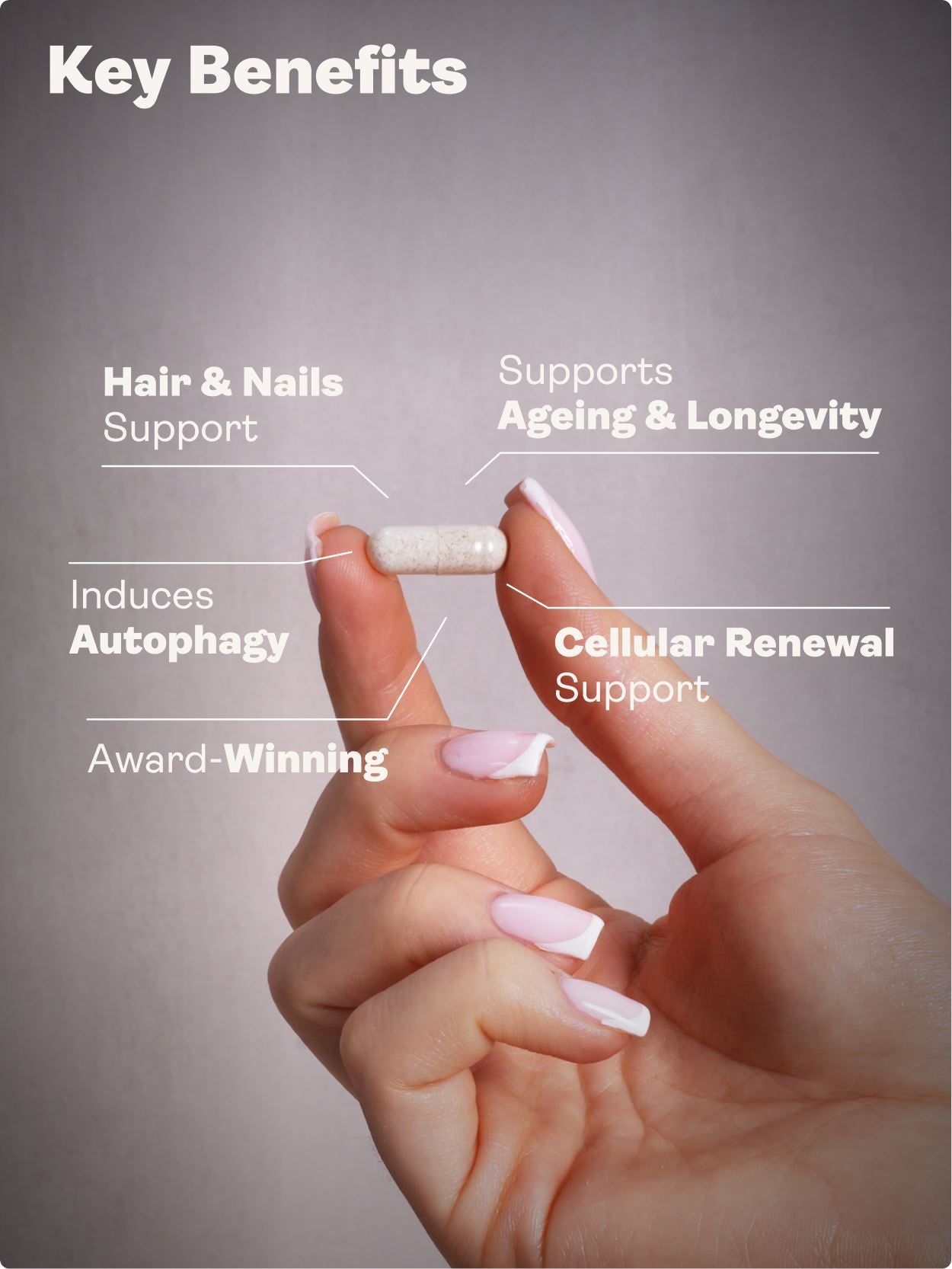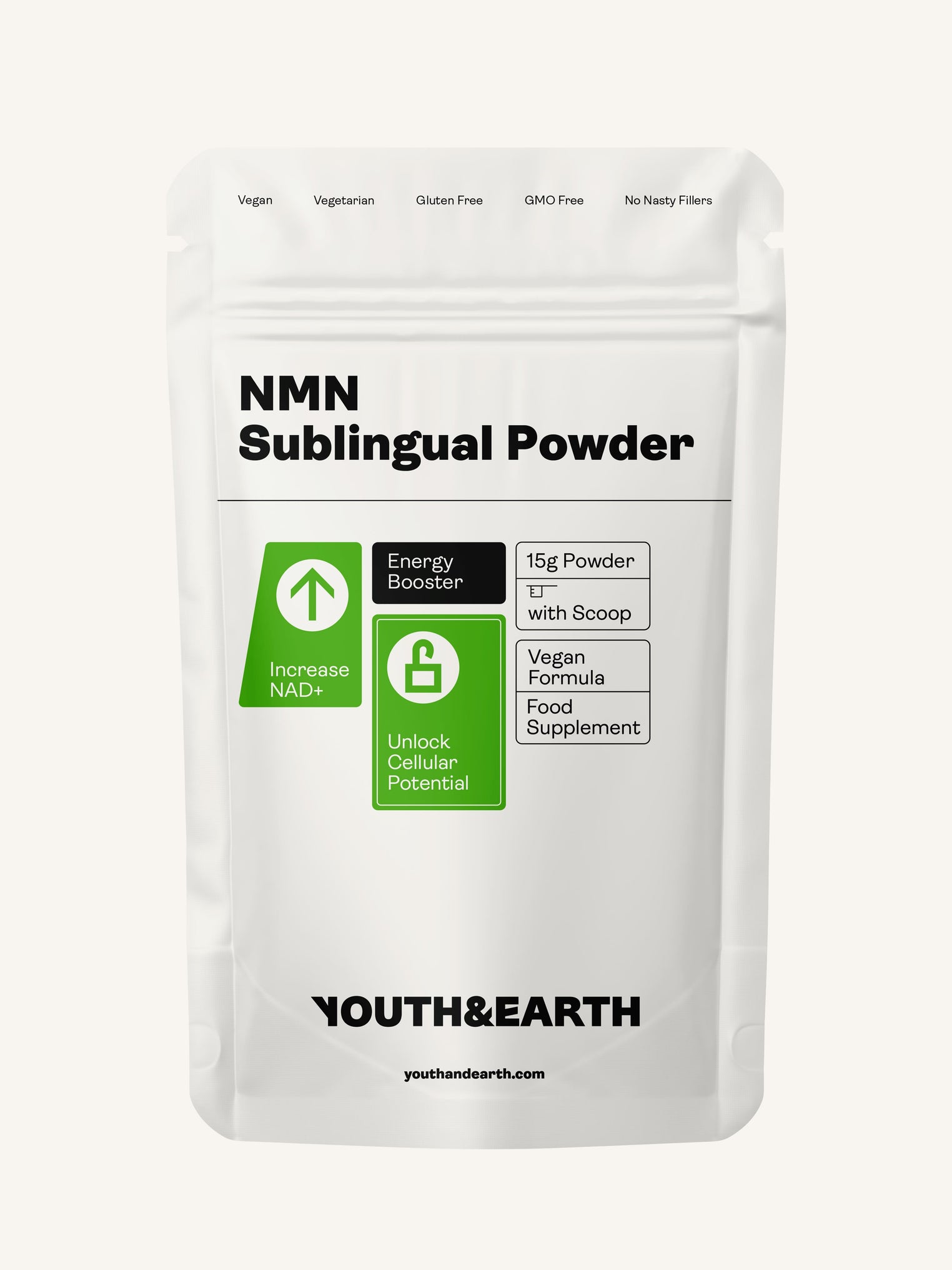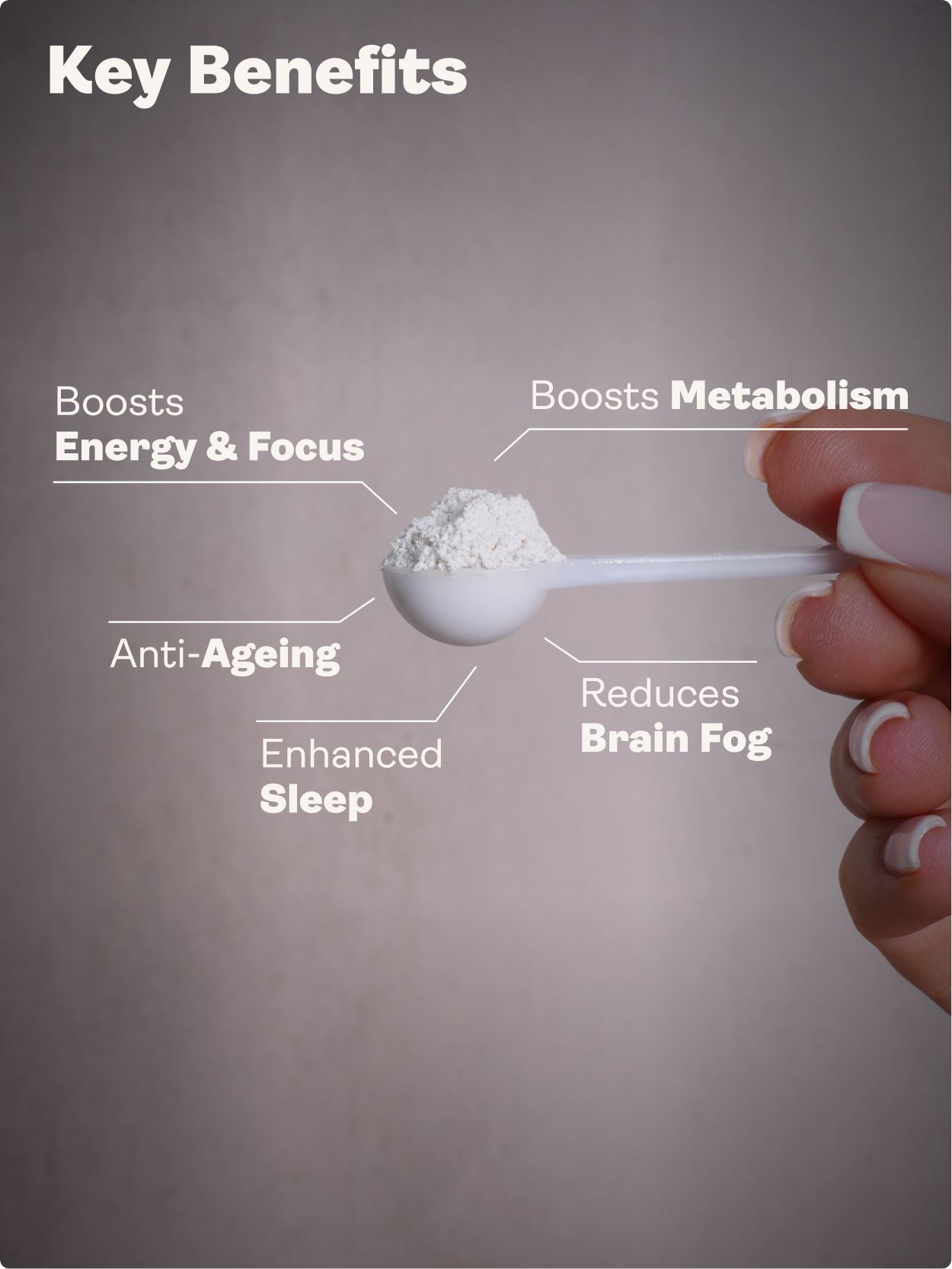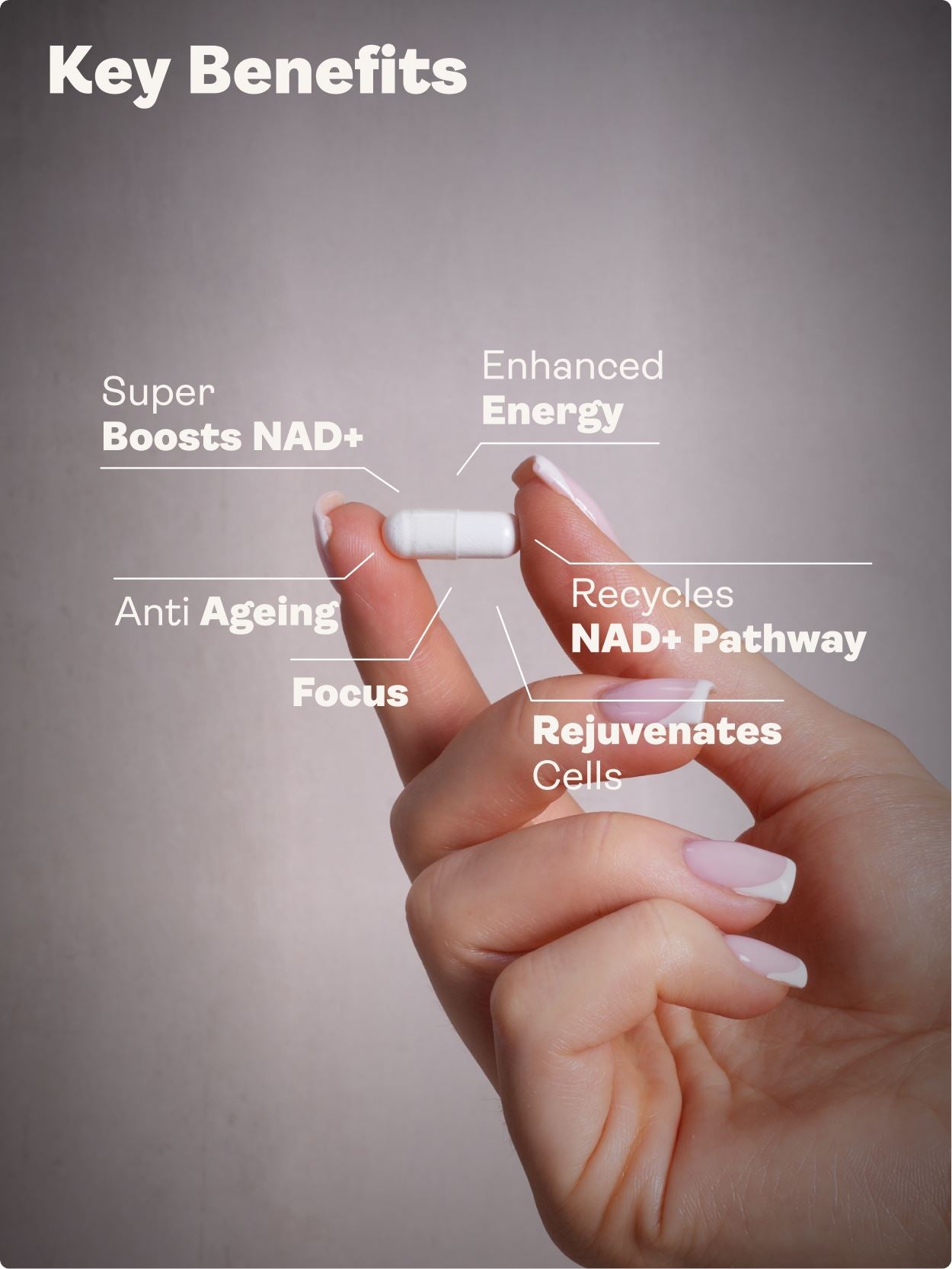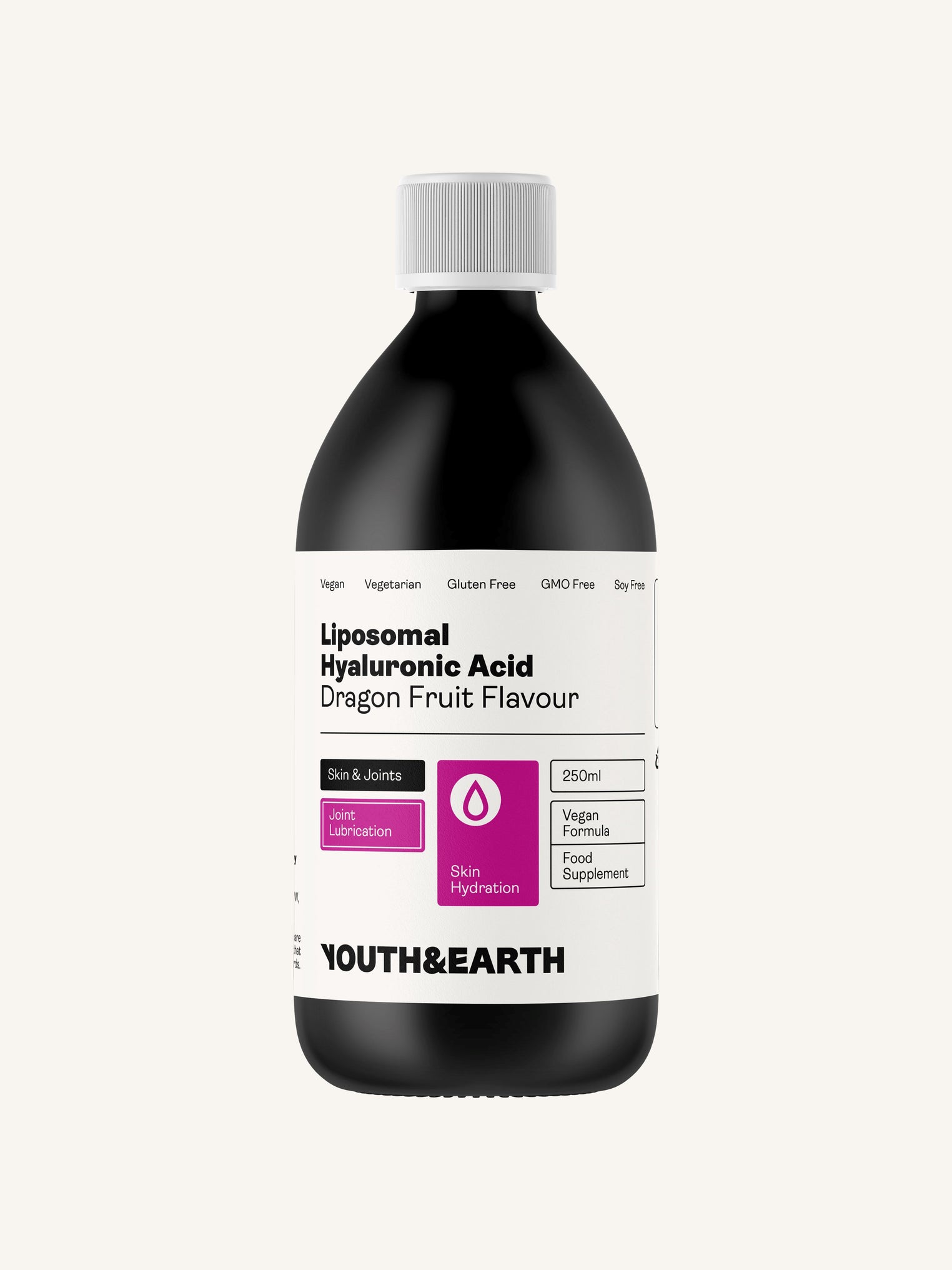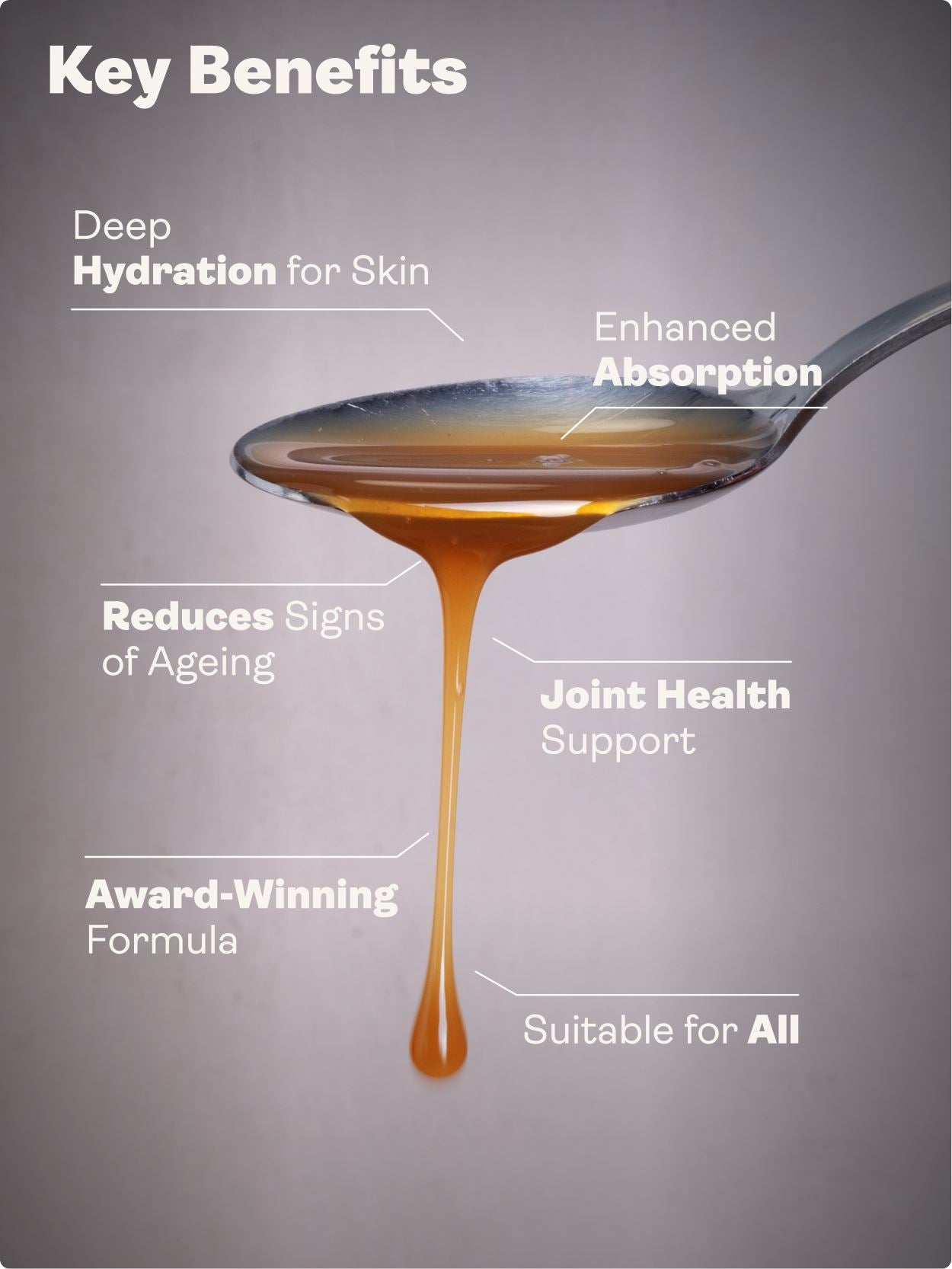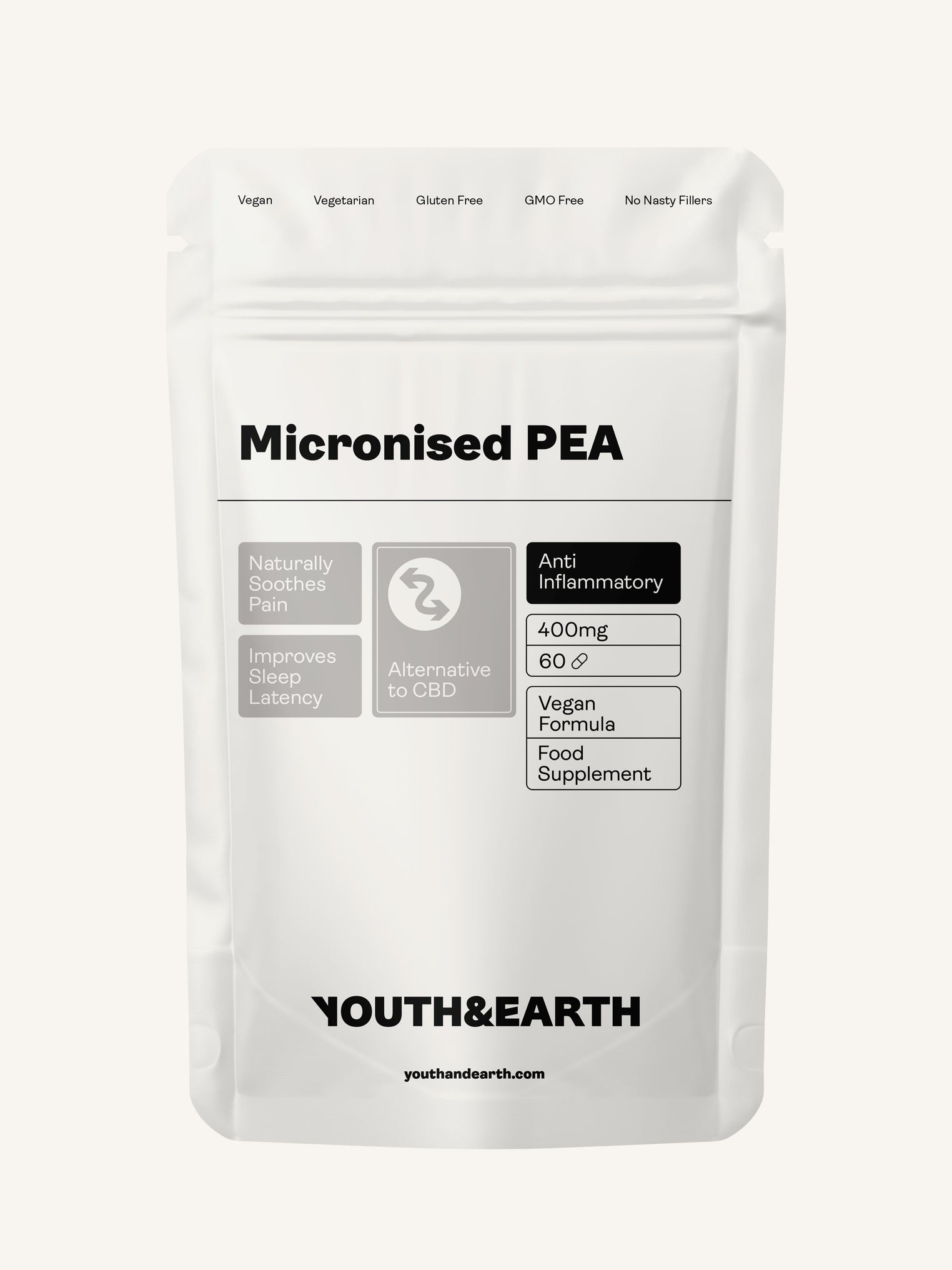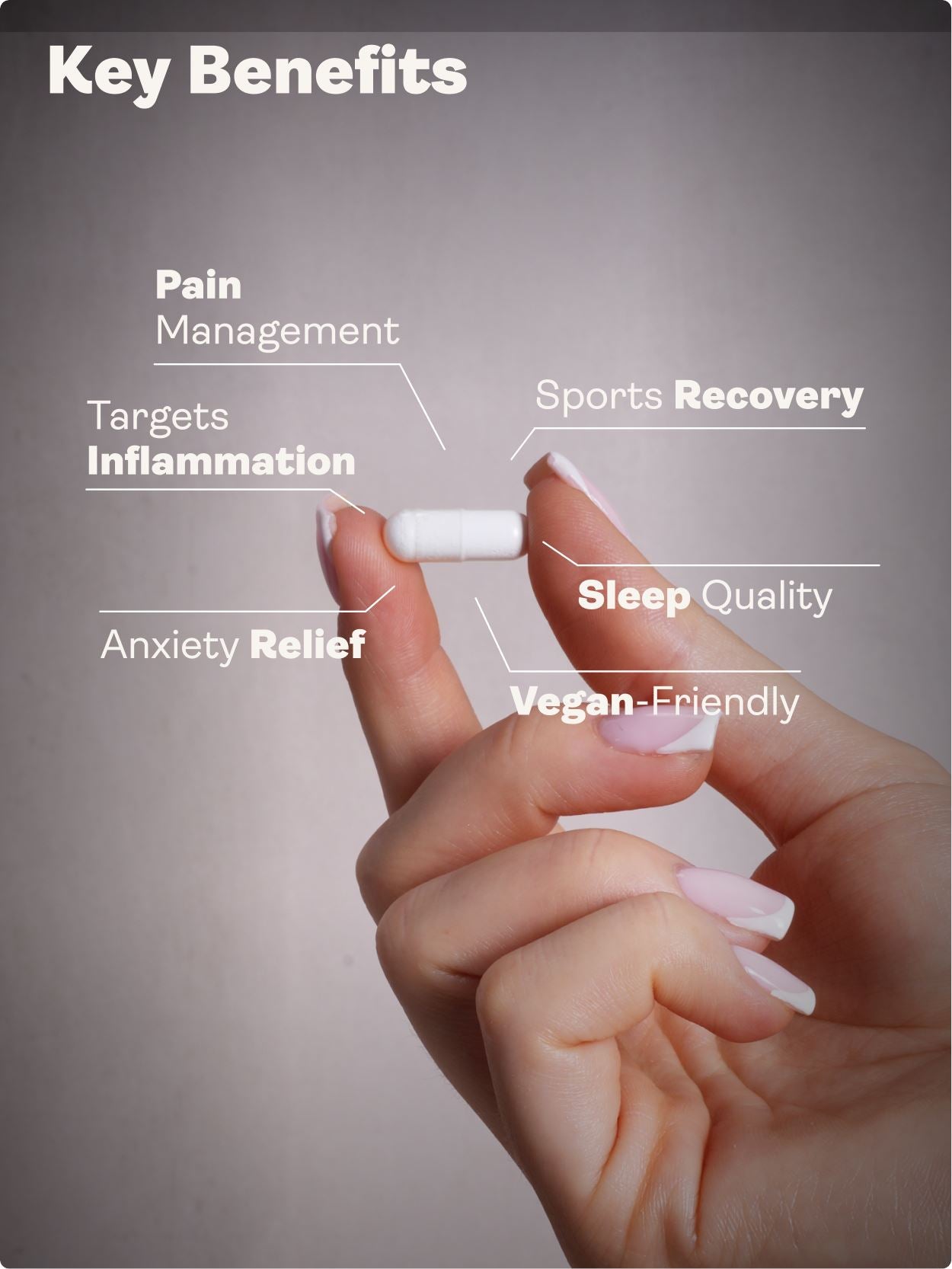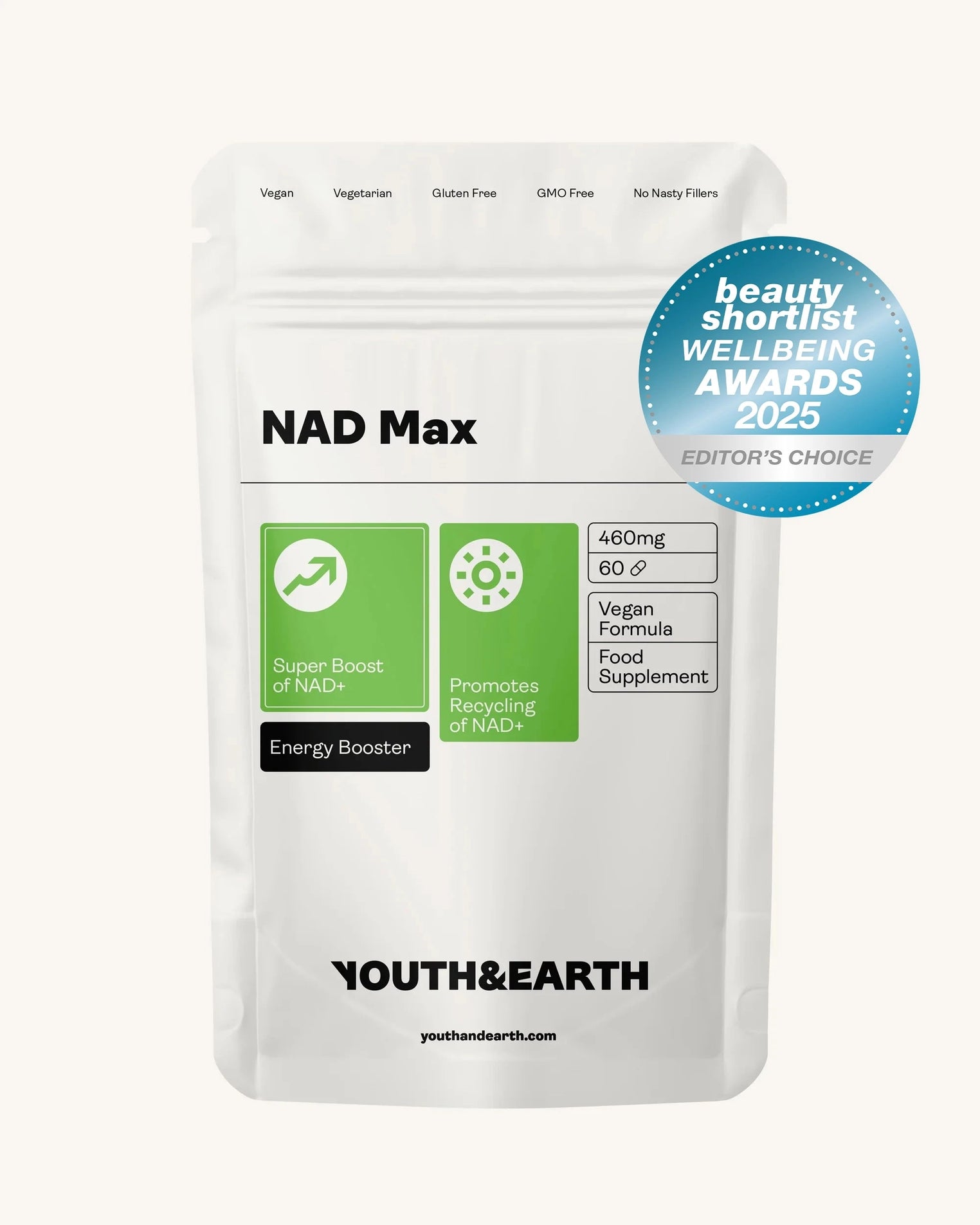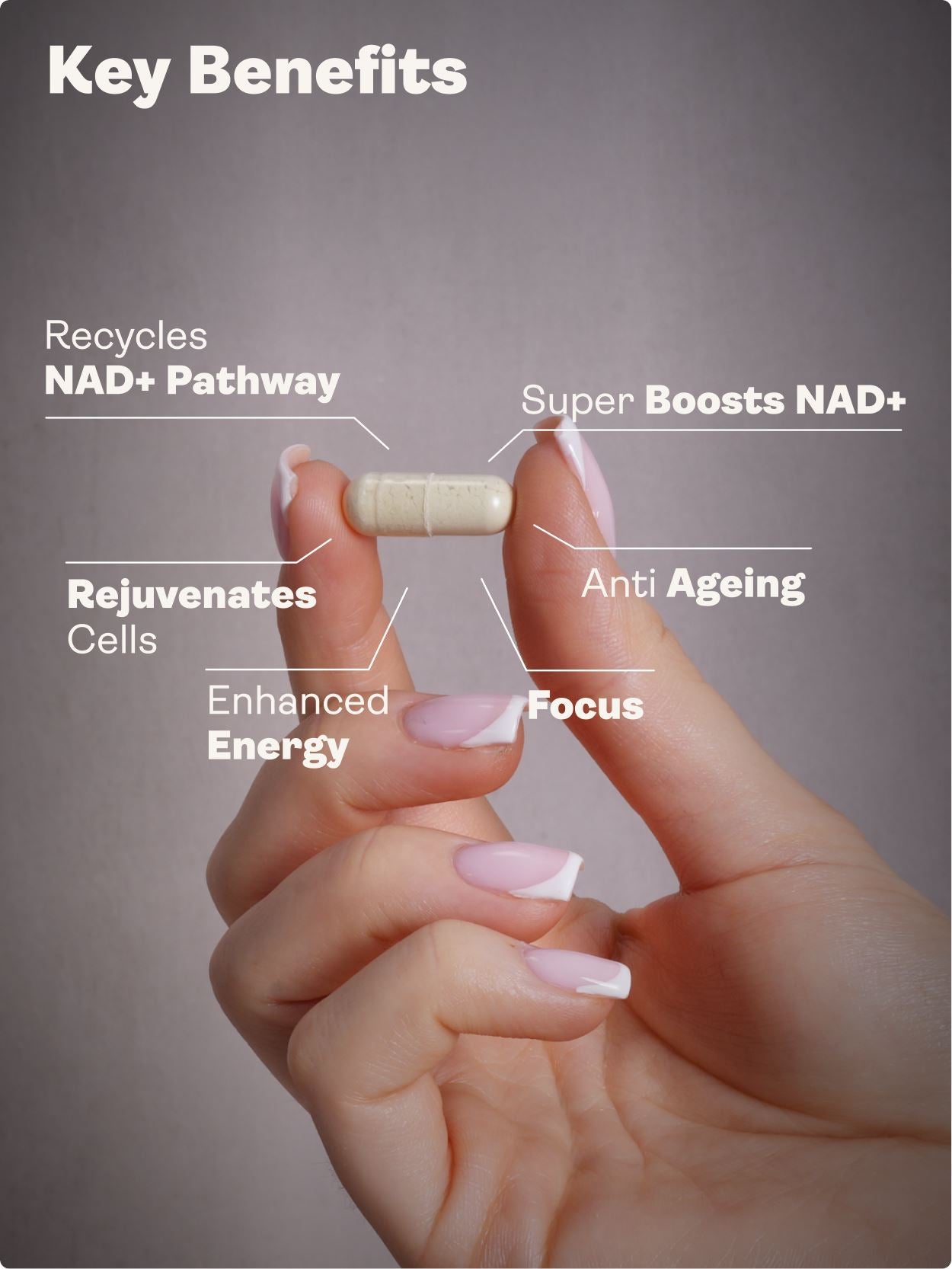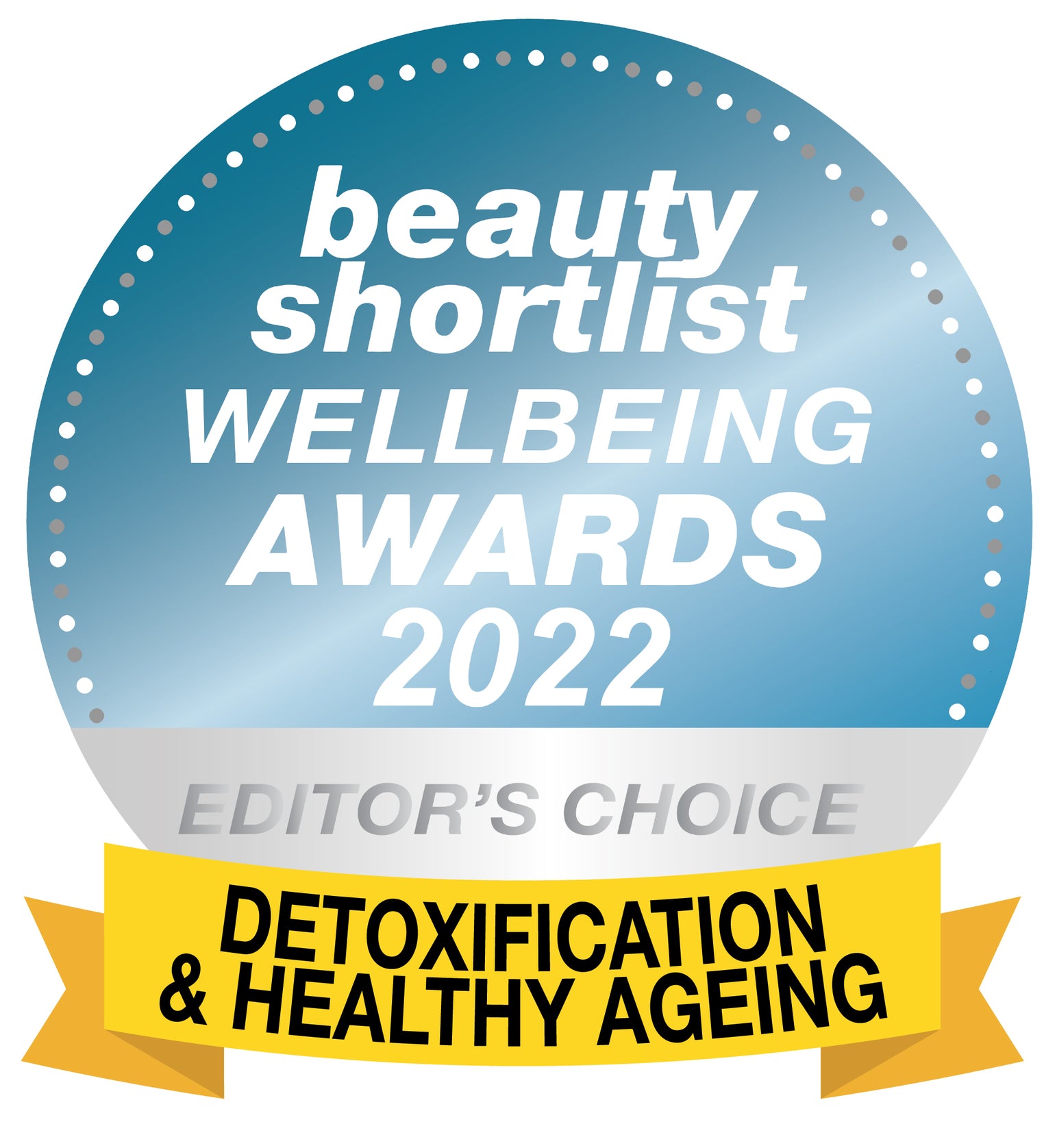Is Lithium the Overlooked Mineral for Cognitive Health and Longevity?
Can a simple trace mineral influence mood, protect your brain, and extend your lifespan?
Is low-dose lithium the next must-have tool in the biohacker's anti-aging toolkit?
Lithium is best known as a pharmaceutical intervention for bipolar disorder, but new research suggests that, at low doses, it may offer powerful effects far beyond psychiatry—supporting brain health, emotional balance, and healthy aging.
This guide explores the latest science behind microdosed lithium, its role in biohacking, and how you can use it to support cognitive resilience and longevity.
TL;DR
Lithium is a trace mineral found in soil and drinking water that may offer anti-aging, neuroprotective, and mood-stabilising benefits at low doses. Population studies suggest links to lower mortality and dementia risk, while emerging human trials and animal studies reveal cellular mechanisms that protect neurons and promote healthy aging. Lithium orotate is a popular form used in longevity stacks at doses ranging from 1–5 mg/day.
Table of Contents
Science Snapshot: Lithium and Healthy Aging
| Mechanism | Summary |
|---|---|
| Telomere Preservation | Lithium may preserve or lengthen telomeres, delaying cellular aging. |
| GSK-3 Inhibition | Reduces neuroinflammation and stress-linked aging pathways. |
| BDNF Support | Promotes brain-derived neurotrophic factor for neurogenesis. |
| Dementia Protection | Associated with lower Alzheimer's risk in high-lithium water regions. |
| Mood Modulation | Modulates dopamine, glutamate, and GABA neurotransmission. |
What Is Lithium and Why Does It Matter for Anti-Aging?
Lithium is a naturally occurring element (Li) found in rocks, soil, and drinking water. While widely known for its high-dose psychiatric use, it is also consumed in trace amounts through food and water.
At low doses (1–5 mg/day), lithium is gaining attention in the biohacking and anti-aging community for its potential to protect the brain, stabilise mood, and reduce age-related disease risk. These benefits occur at dosages far below those used clinically.
The Forgotten Origin Story of Lithium’s Brain Benefits
The cognitive and mood effects of lithium were discovered by accident. In the 1940s, Australian psychiatrist Dr. John Cade, a WWII prisoner of war, noticed extreme mood swings in fellow POWs and began researching their urine for clues.
When experimenting with uric acid injections, he added lithium salts to help dissolve the compounds—and found that lithium alone calmed the test animals.
He quickly tested lithium citrate on patients experiencing manic episodes and observed remarkable improvements in behaviour and emotional stability. His 1949 paper, “Lithium Salts in the Treatment of Psychotic Excitement,” is still cited today.
This unexpected discovery revealed that lithium may act on deep regulatory systems in the brain, a foundation that continues to inform research into longevity and cognitive resilience.
How Does Low-Dose Lithium Support Cognitive Health?
Low-dose lithium targets multiple anti-aging mechanisms in the brain:
-
Increases BDNF (brain-derived neurotrophic factor), supporting the survival and growth of neurons.
-
Inhibits GSK-3 (glycogen synthase kinase-3), an enzyme that drives neuroinflammation and stress-induced brain aging.
-
Balances neurotransmitters:
-
Reduces glutamate and dopamine (excitatory)
-
Increases GABA (calming)
-
Human trials show that low-dose lithium (0.3 mg/day) may help stabilise cognitive function in individuals with mild cognitive impairment and Alzheimer's disease.
Is Lithium Linked to Longevity and Lower Mortality?
Lithium is associated with extended lifespan in both human populations and animal models.
Population Studies on Drinking Water
A Japanese study revealed that regions with naturally higher lithium levels in drinking water had significantly lower mortality rates. These levels were equivalent to 1–2 mg/day of lithium intake.
Animal Studies
In laboratory studies, the model organism C. elegans exhibited a 15% increase in lifespan when supplemented with lithium chloride at microdose concentrations (10 µM to 1 mM). While animal results are not always transferable to humans, they highlight lithium's potential biological effects.
Cognitive Health in Humans
A 15-month clinical trial in individuals with Alzheimer’s disease found that 0.3 mg/day of lithium stabilised cognitive decline. Additional studies on those with mild cognitive impairment observed reduced Alzheimer's biomarkers and improved cognitive test scores. A Danish study linked lithium-rich water consumption to an 18% reduction in dementia risk.
Other Longevity Indicators
-
Telomere Protection: People taking lithium have shown longer telomeres, markers of reduced cellular aging.
-
Metabolic Benefits: Lithium is inversely associated with conditions like type 2 diabetes and obesity, both aging accelerators.
These findings suggest lithium may support longevity by influencing core mechanisms of cellular maintenance and repair.
Which Form of Lithium Is Best for Anti-Aging?
Not all lithium supplements are created equal. The most common forms include:
| Form | Use Case | Elemental Lithium % |
|---|---|---|
| Lithium Orotate | Low-dose supplementation | ~3.8% |
| Lithium Citrate | Liquid or capsule form | ~2.7% |
| Lithium Carbonate | Clinical settings only | ~18.8% |
Lithium orotate is the preferred form for most biohacking stacks due to its cellular permeability and tolerability at low doses.
How Much Lithium Do You Need for Biohacking?
Most low-dose lithium protocols use 1 to 5 mg of elemental lithium daily.
-
The levels associated with reduced mortality in water studies equate to 1–2 mg/day.
-
Human studies on cognitive support have used doses as low as 0.3 mg/day.
Always calculate based on elemental lithium, not the total compound weight. For example, 120 mg of lithium orotate provides about 5 mg of active lithium.
Is Low-Dose Lithium Safe for Long-Term Use?
At low doses, lithium is generally well-tolerated:
-
Most clinical trials report no significant side effects below 10 mg/day.
-
It is important to monitor intake over time, especially in combination with other mineral supplements.
Toxicity is typically only a concern at high doses. When taken in trace amounts, lithium appears to be a safe and effective addition to anti-aging and biohacking strategies.
Where Can You Find Lithium in Longevity Supplements?
Low-dose lithium is included in V14 by Youth & Earth, an all-in-one longevity formula that combines lithium orotate with 14 other biohacking ingredients. If you are in the USA you can buy at V14.com
For the Uk and Europe you can find V14.com out the Youth & Earth store
Conclusion & Longevity Checklist
Low-dose lithium may be one of the most promising additions to a biohacker's longevity routine. From preserving telomeres and boosting BDNF to reducing inflammation and supporting cognitive health, this trace mineral targets several core anti-aging pathways.
Longevity Checklist
-
Supports brain plasticity via BDNF
-
Inhibits GSK-3 to reduce stress-related aging
-
May reduce dementia risk based on water supply studies
-
Preserves telomeres in cellular models
-
Safe at low doses with well-documented tolerability
These biohacking systems support longevity by promoting cognitive resilience, emotional balance, and cellular integrity.
FAQ
What is the ideal dose of lithium for anti-aging?
Most protocols use 1–5 mg of elemental lithium daily, often delivered via lithium orotate. V14 has 1mg of elemental lithium.
Is lithium a natural mineral?
Yes. Lithium occurs naturally in soil, groundwater, and many foods in small amounts.
Can lithium really affect lifespan?
Population and animal studies suggest it may preserve telomeres and reduce mortality when consumed at trace levels.
Which lithium form is best?
Lithium orotate is commonly used for low-dose supplementation due to its bioavailability and accessibility.
Does lithium help with mood and anxiety?
Yes. It modulates neurotransmitters involved in mood regulation, including GABA, dopamine, and glutamate.
Glossary
BDNF: Brain-Derived Neurotrophic Factor, a protein that supports the survival and growth of neurons.
GSK-3: Glycogen Synthase Kinase-3, an enzyme involved in neuroinflammation and stress response.
Elemental Lithium: The active lithium content in a compound, usually expressed in milligrams (mg).
Telomeres: Protective caps on chromosomes that shorten with age and influence cellular aging.
Lithium Orotate: A supplement form of lithium commonly used in low doses for neuroprotection and longevity.
About the Author
Ed Van Harmelen is the founder of Youth & Earth and a passionate advocate for biohacking and anti-aging since 2017. He has been featured in numerous podcasts and wellness publications for his insights on longevity, biohacking, and the science behind supplements. Ed is widely regarded as a pioneer in bringing cutting-edge anti-aging tools to everyday consumers, making the benefits of advanced biohacking science both accessible and actionable. He is also the founder of optimallyme.com, which is a leading B2B health optimisation platform, and V14, an all-in-one longevity supplement.
Last Updated: Tuesday, July 30, 2025, 04:30 PM BST
The content of this article is for informational purposes only.
It’s not intended to be a substitute for professional medical advice, diagnosis, or treatment. Always seek the advice of your physician or health provider before starting a new health regime or program.
Do not ignore medical advice or delay seeking it because of something you’ve read on this site or any Youth & Earth product.





